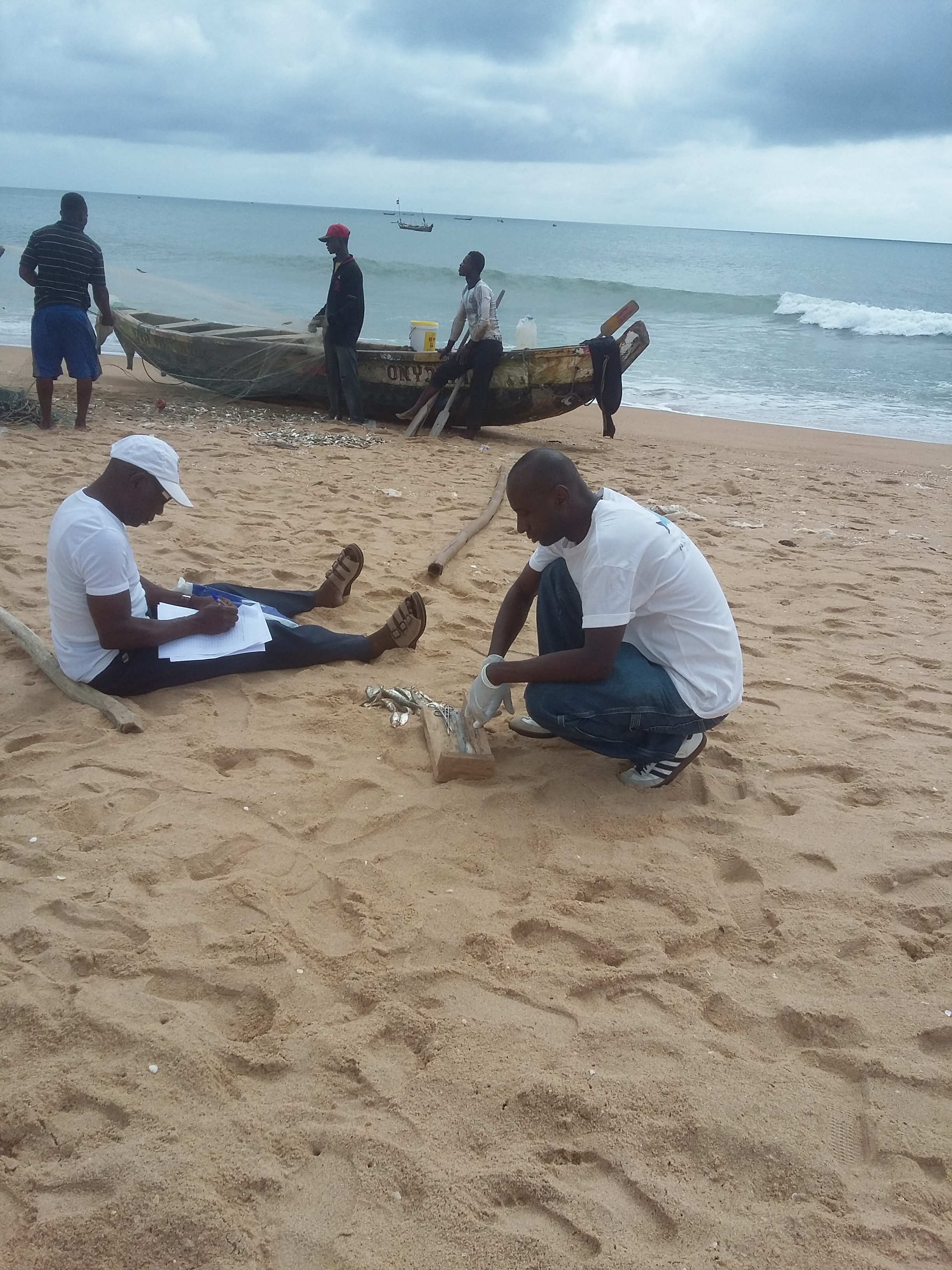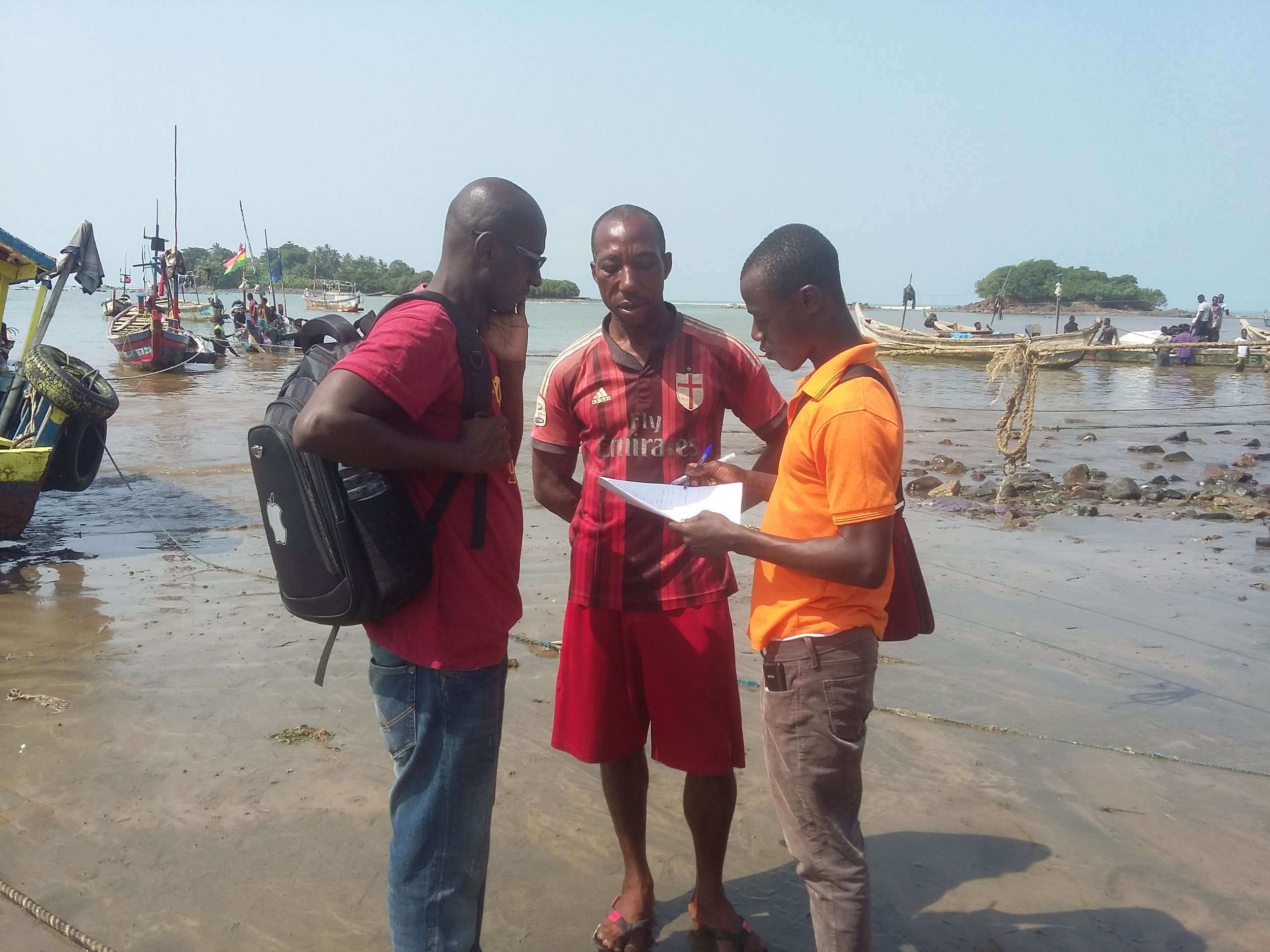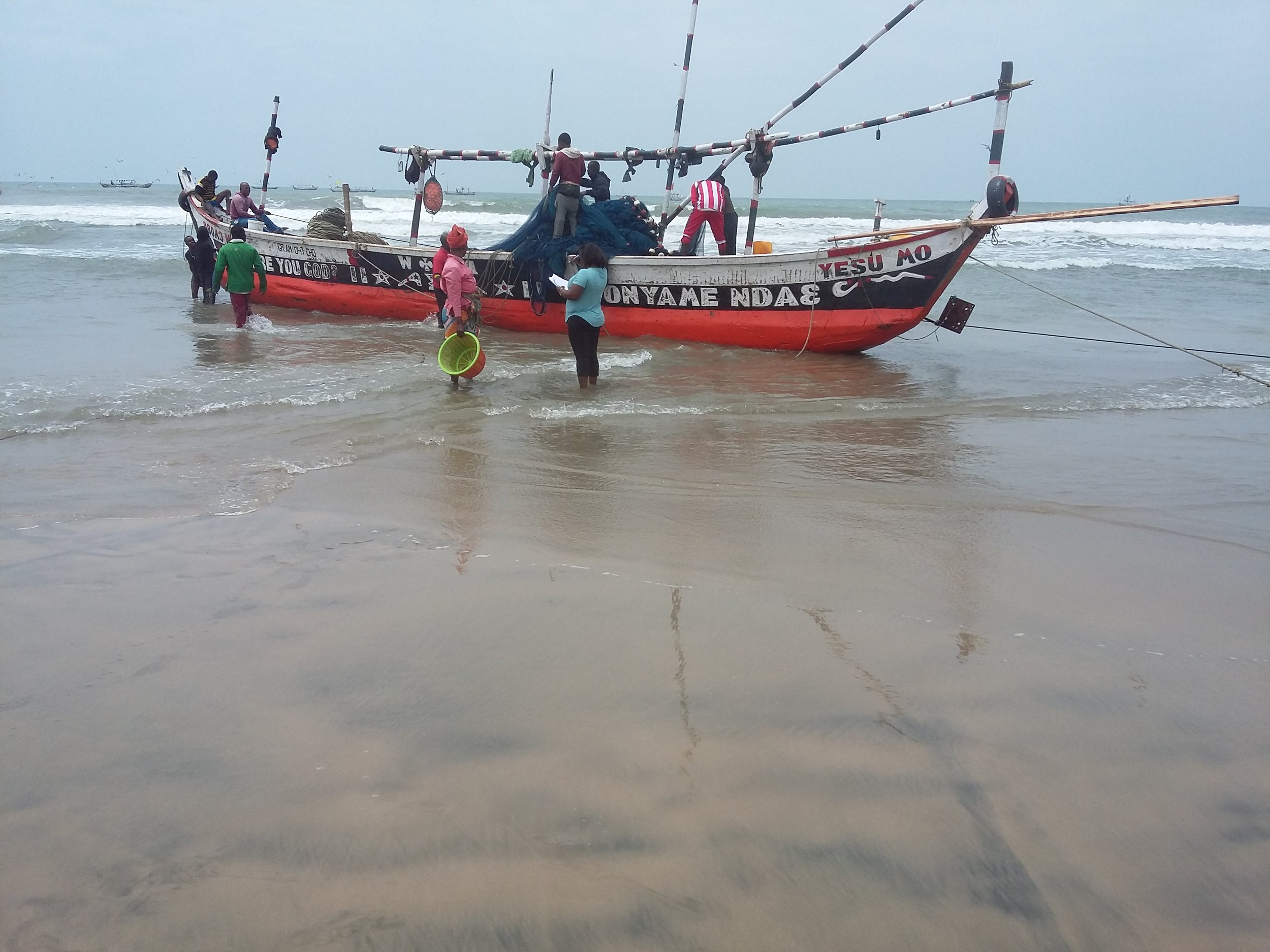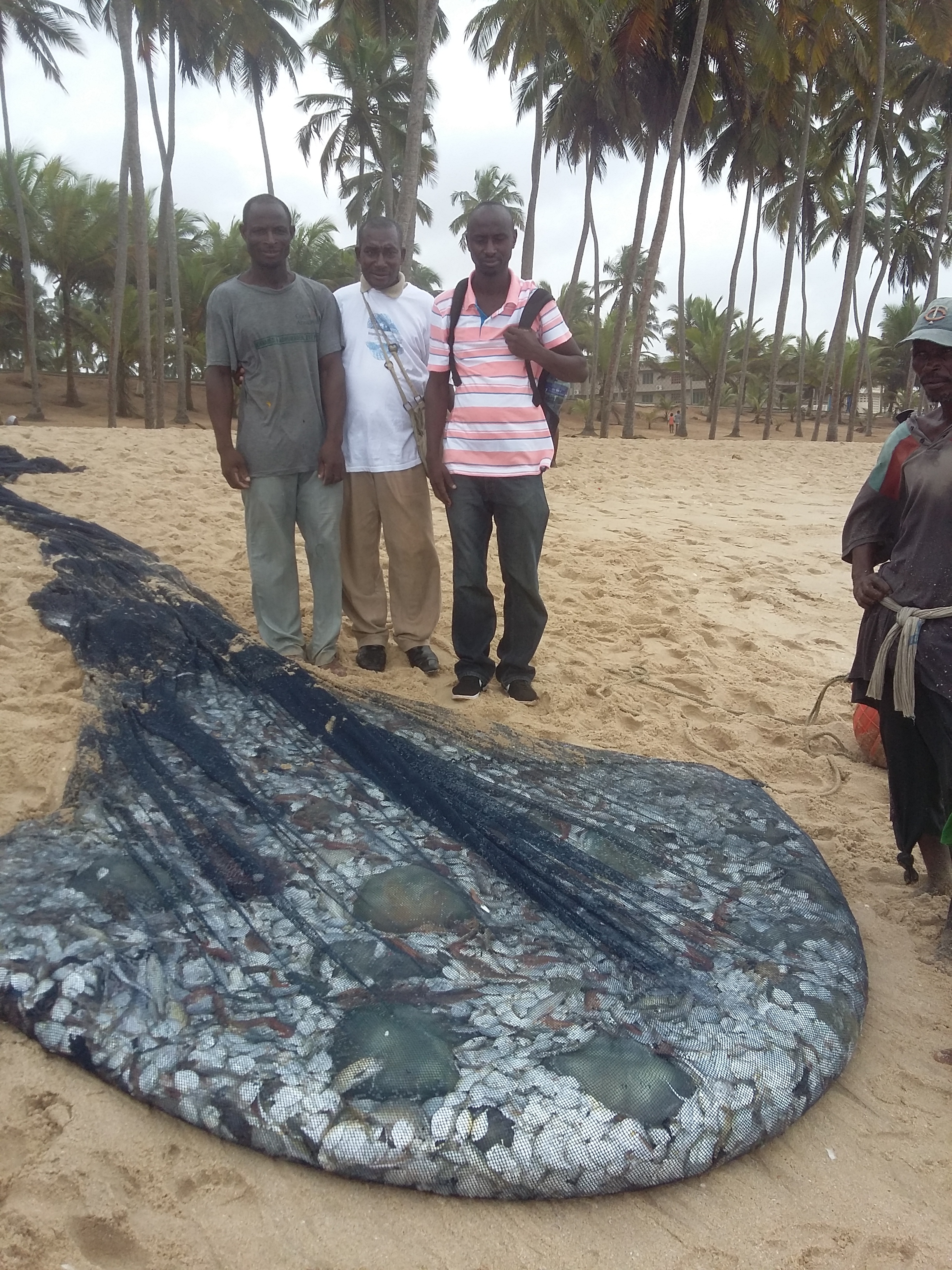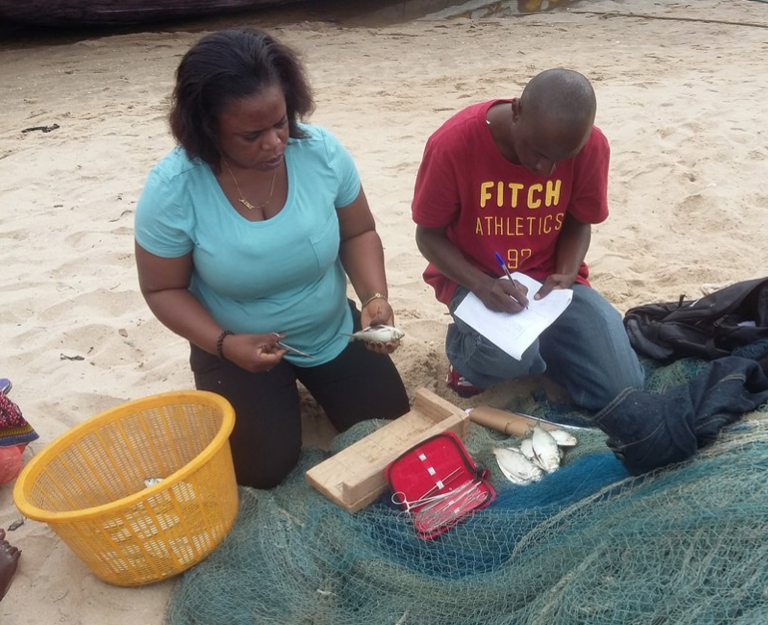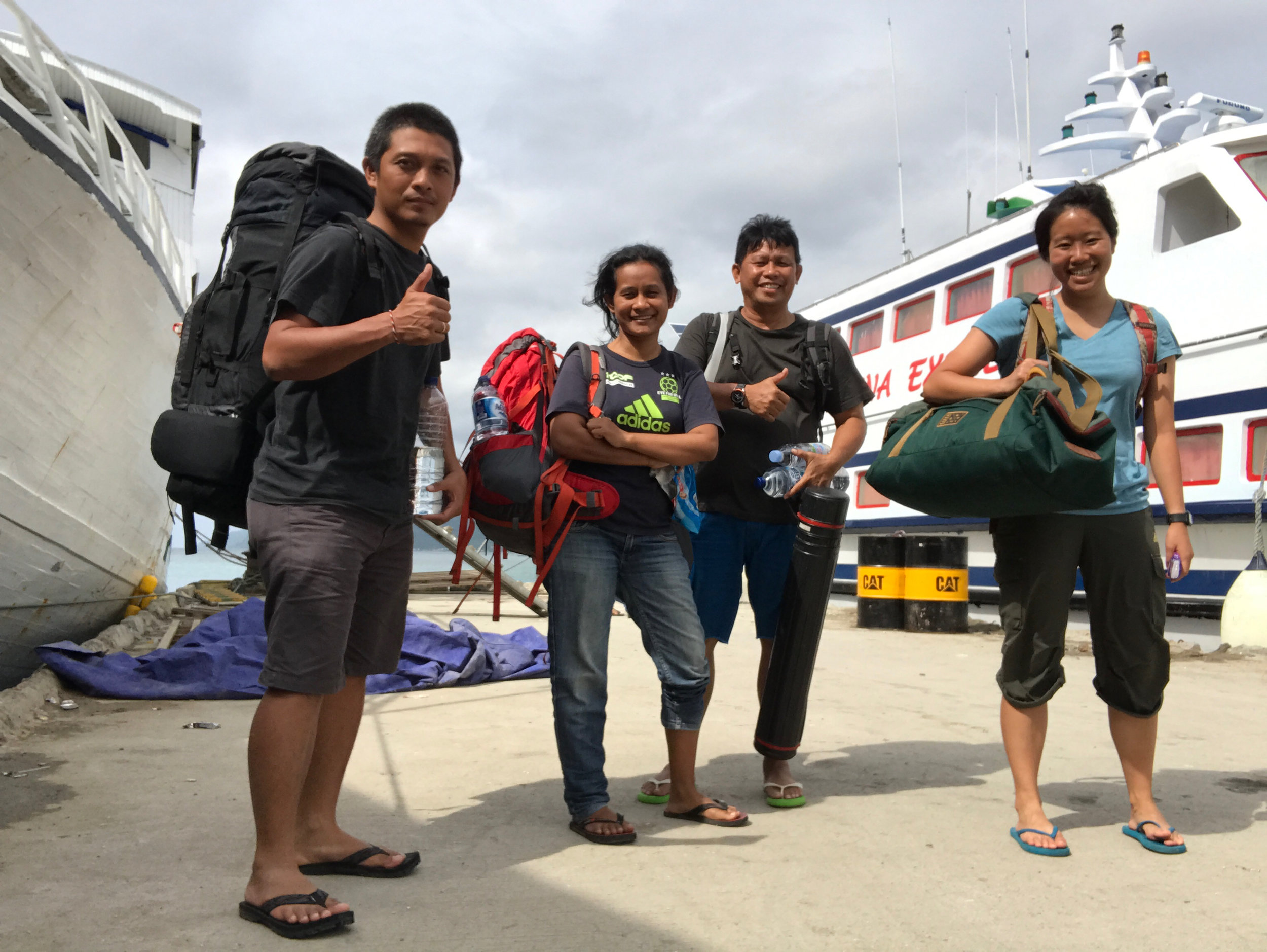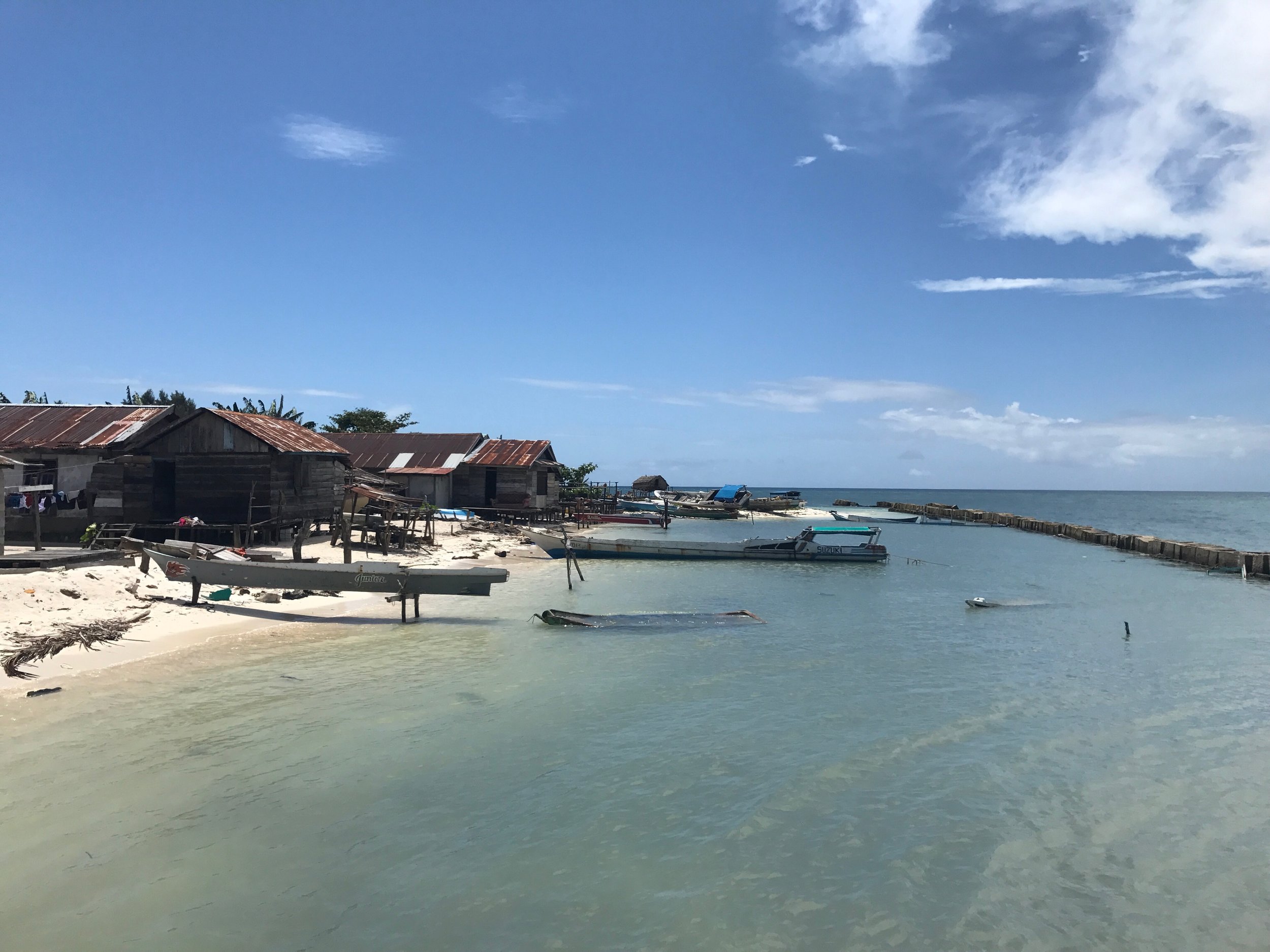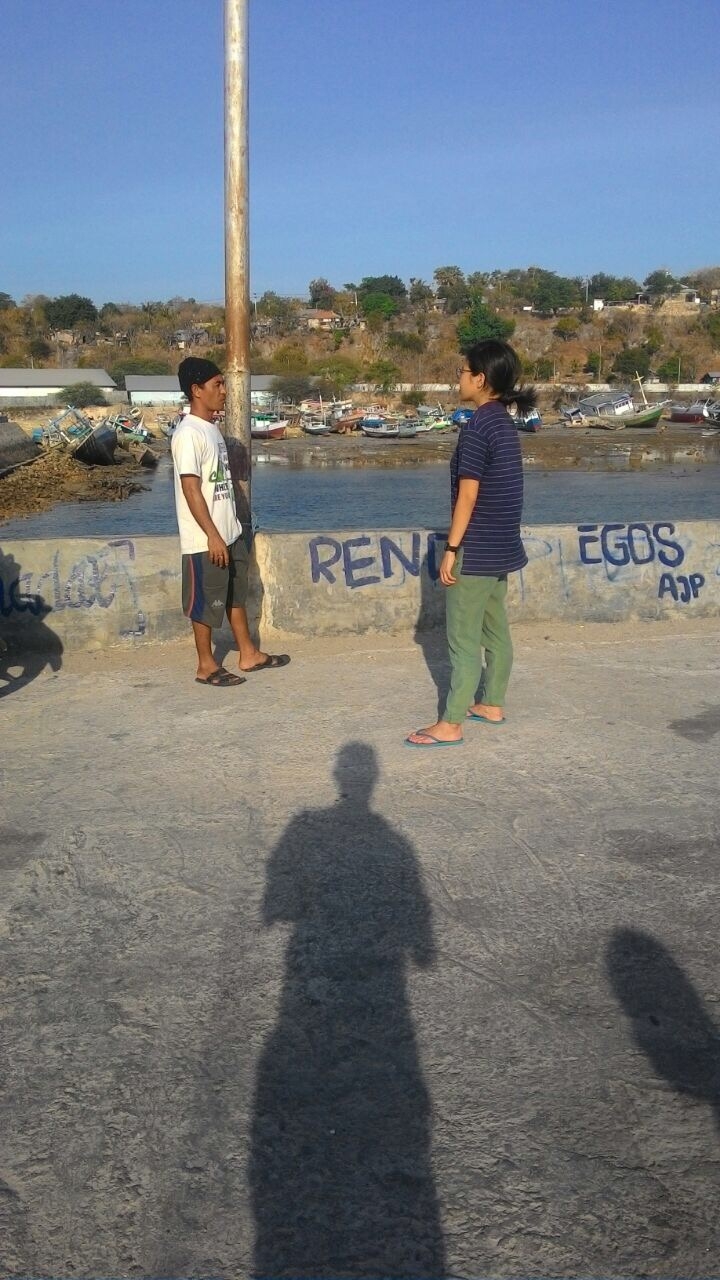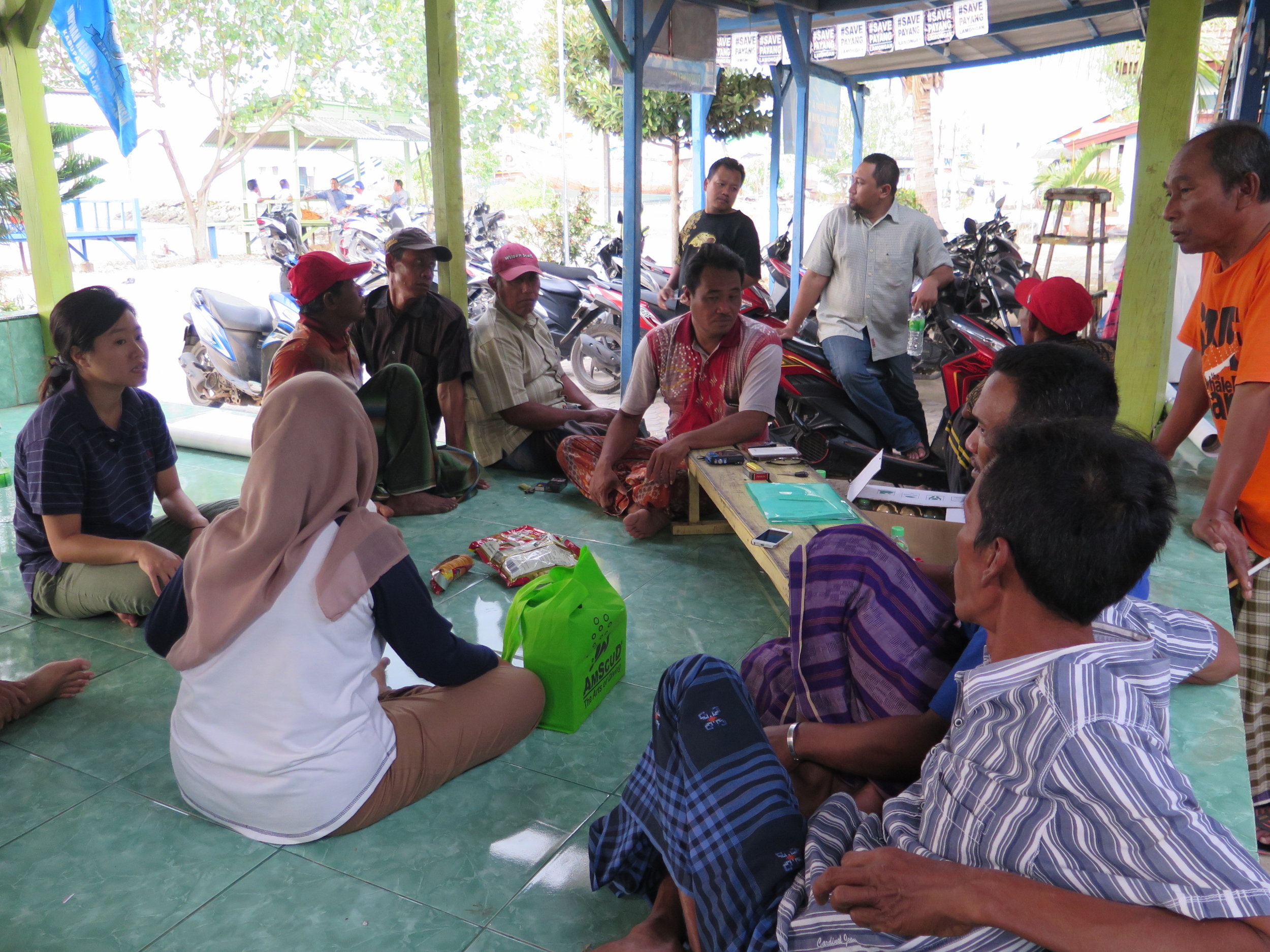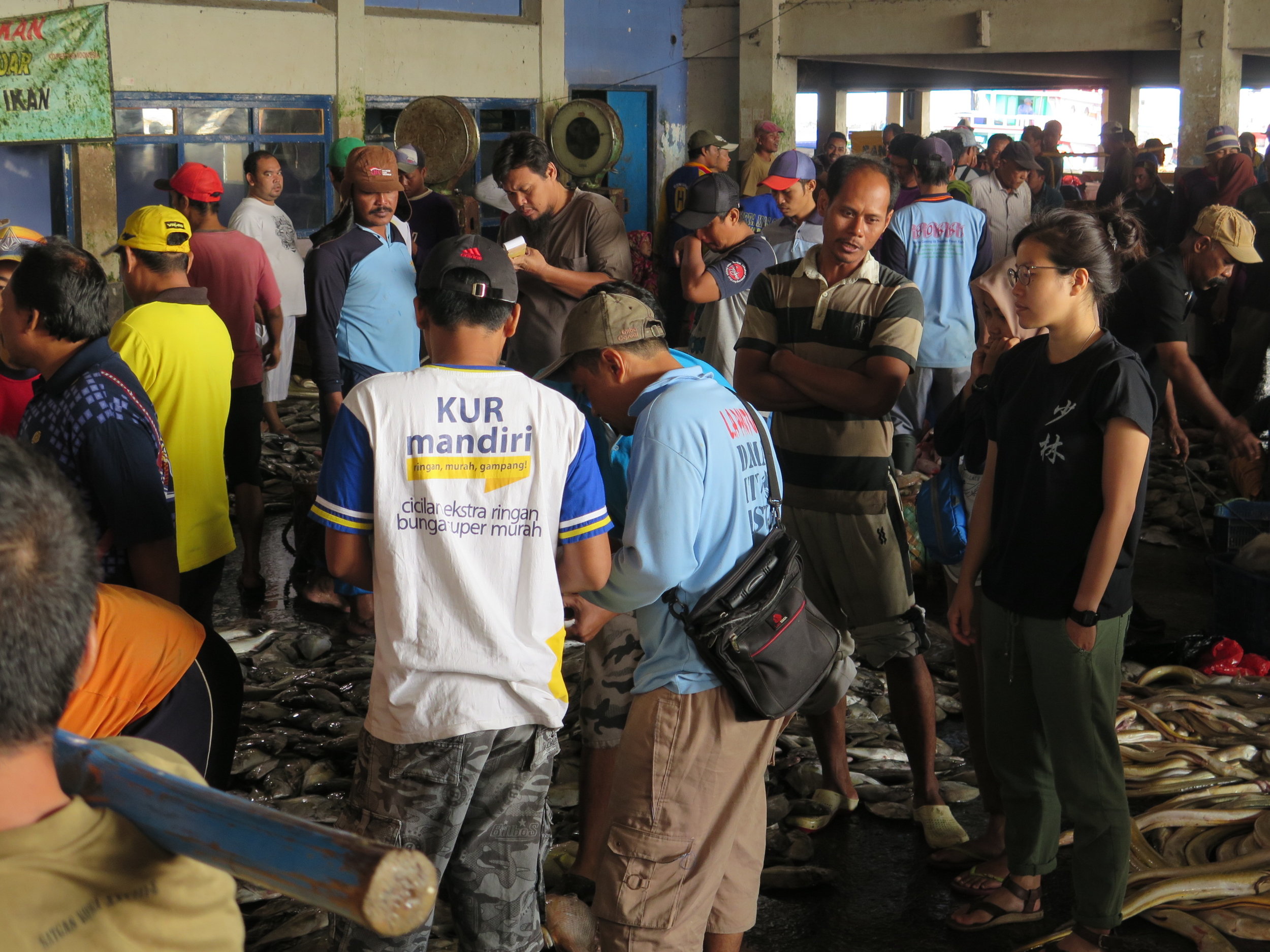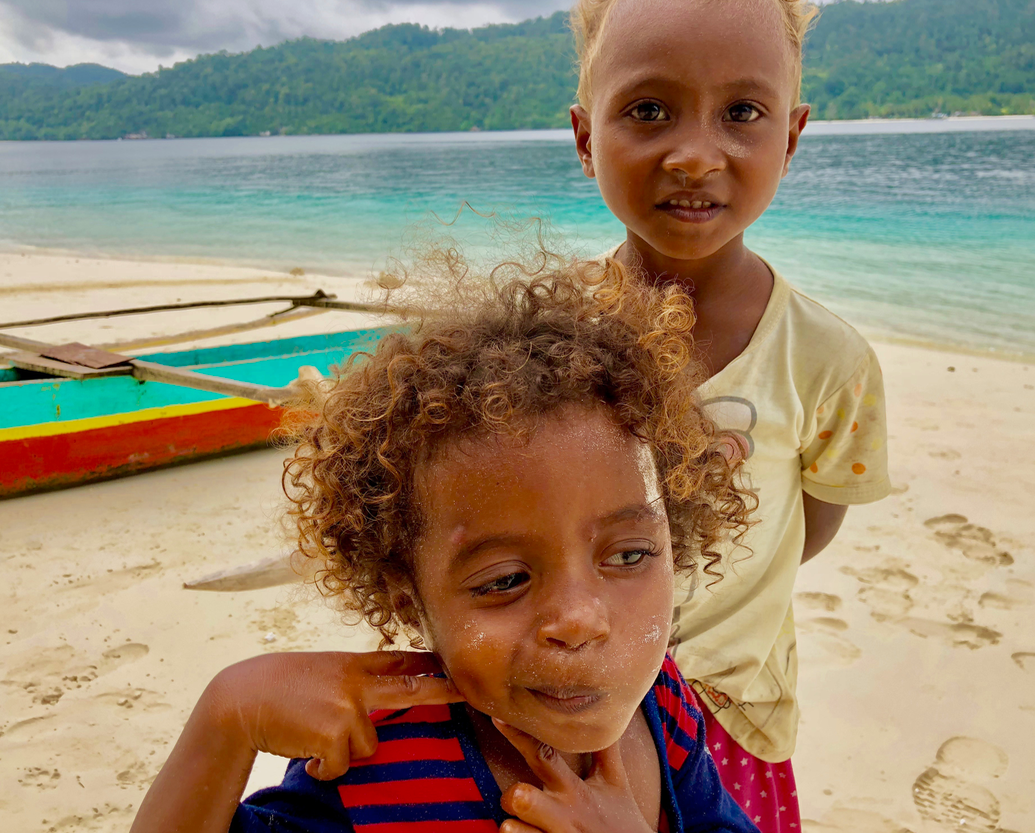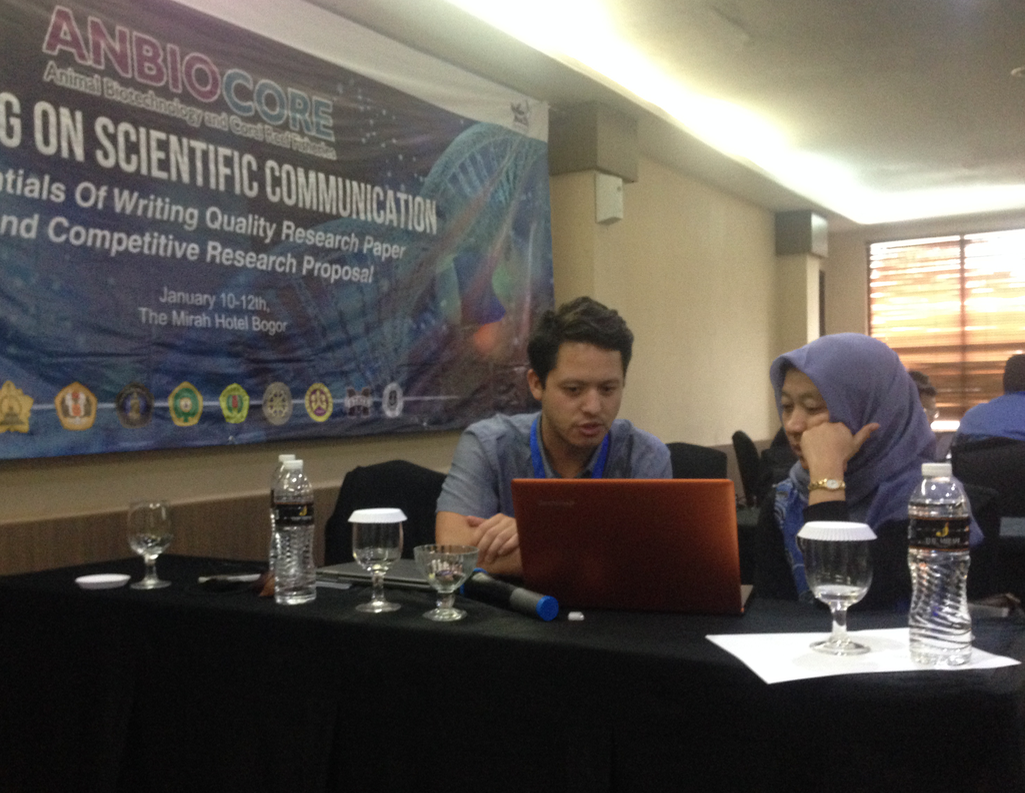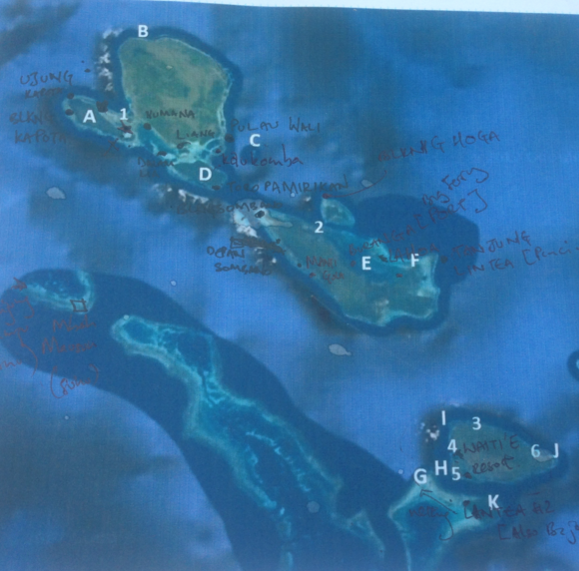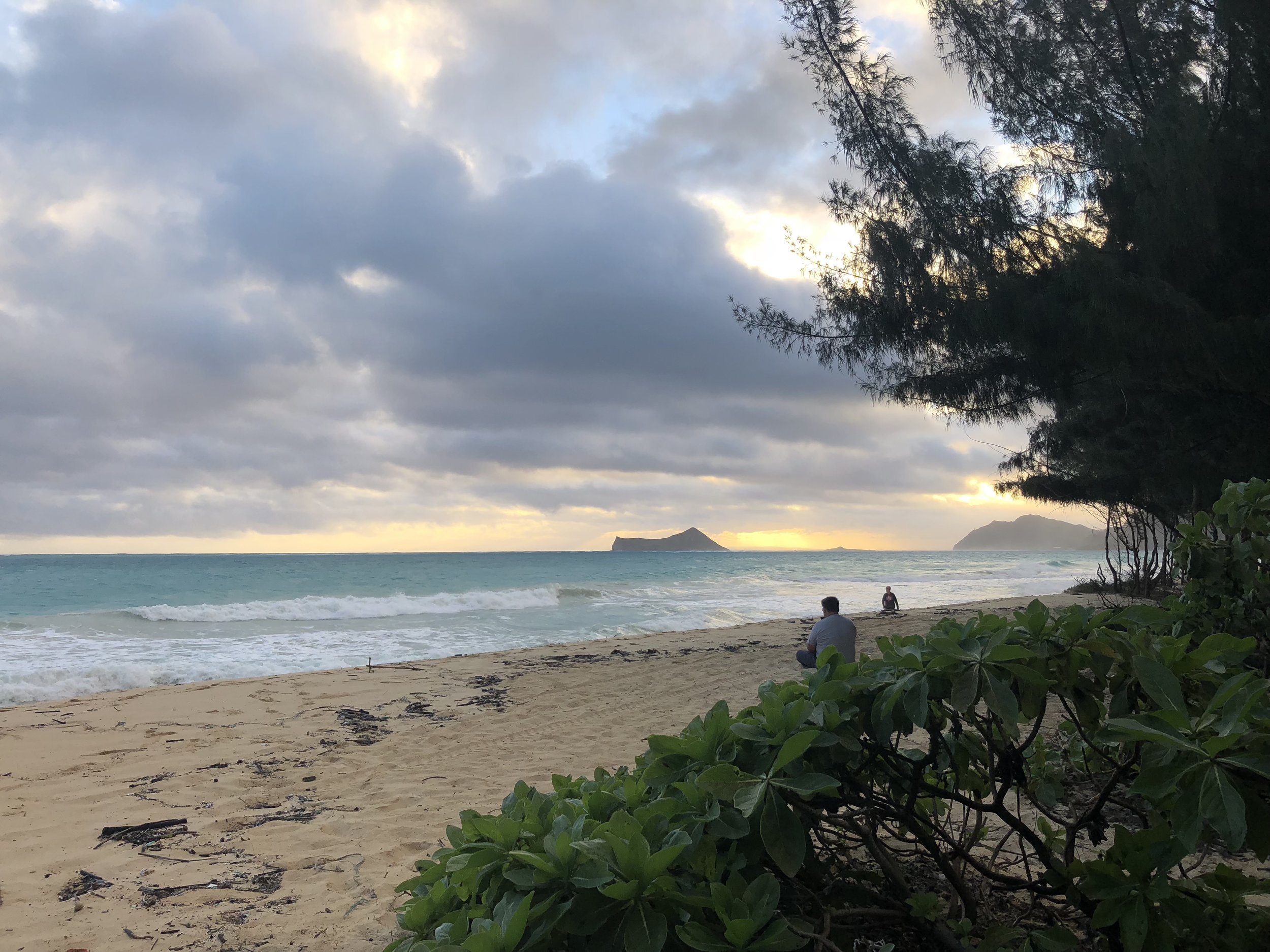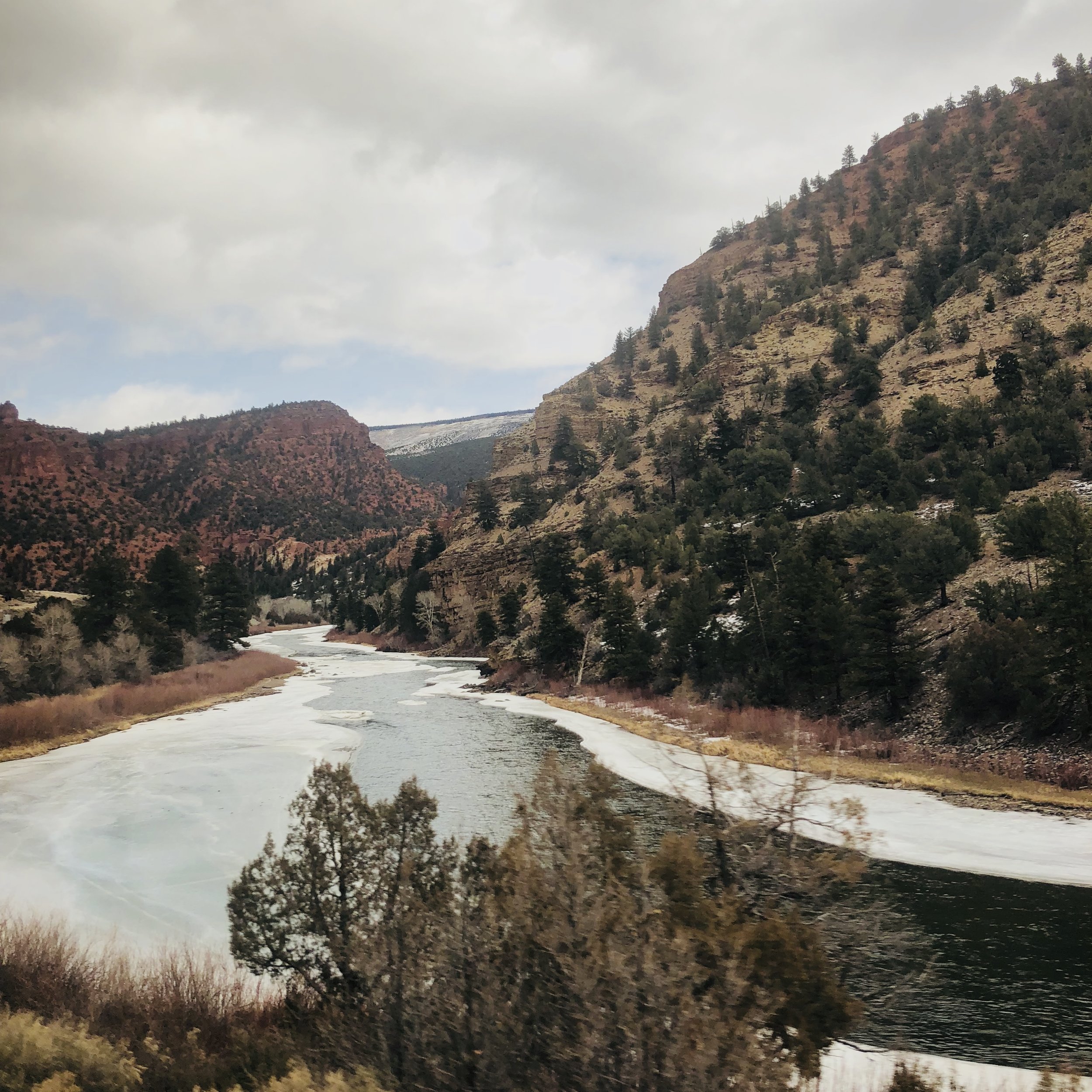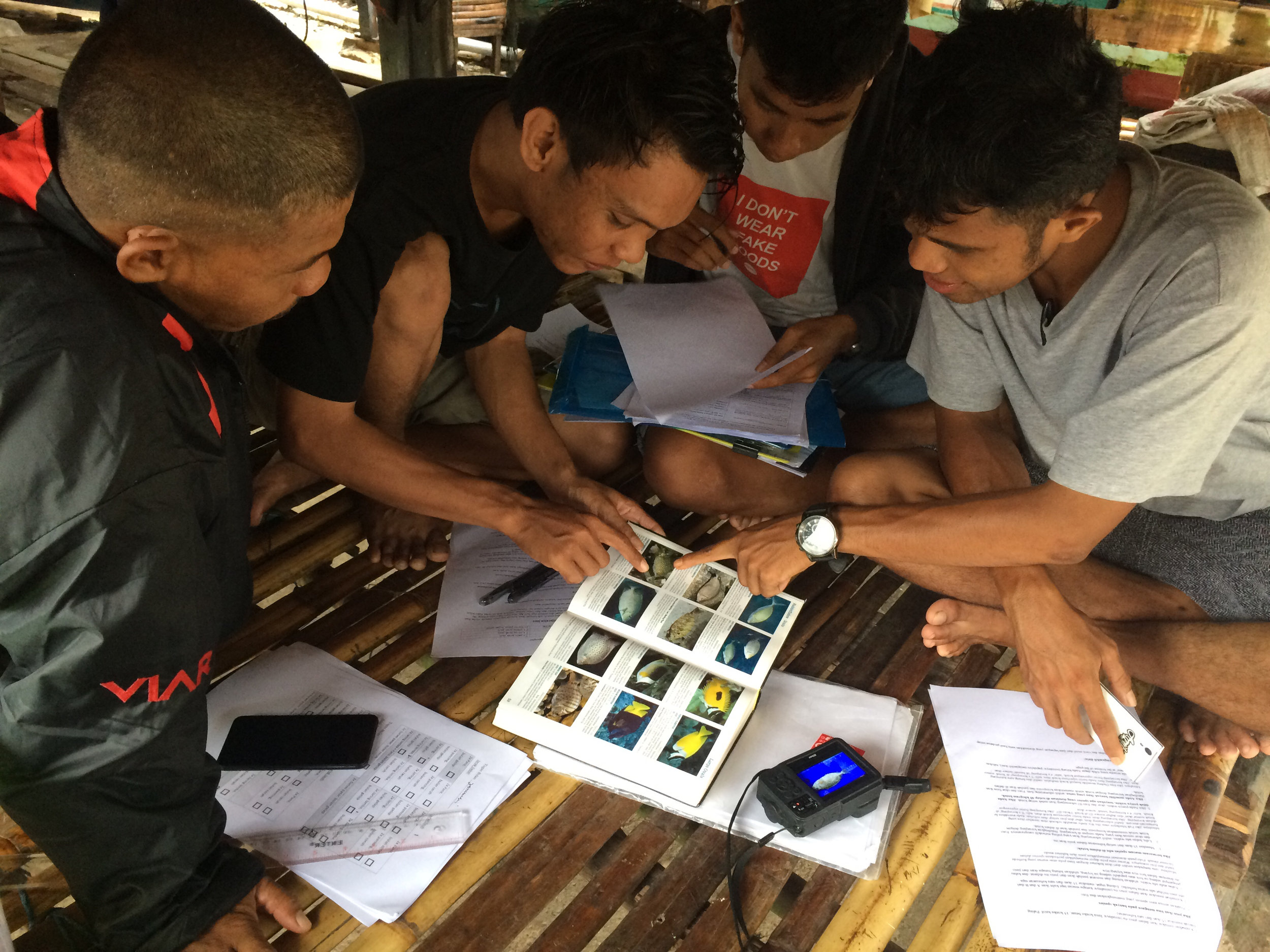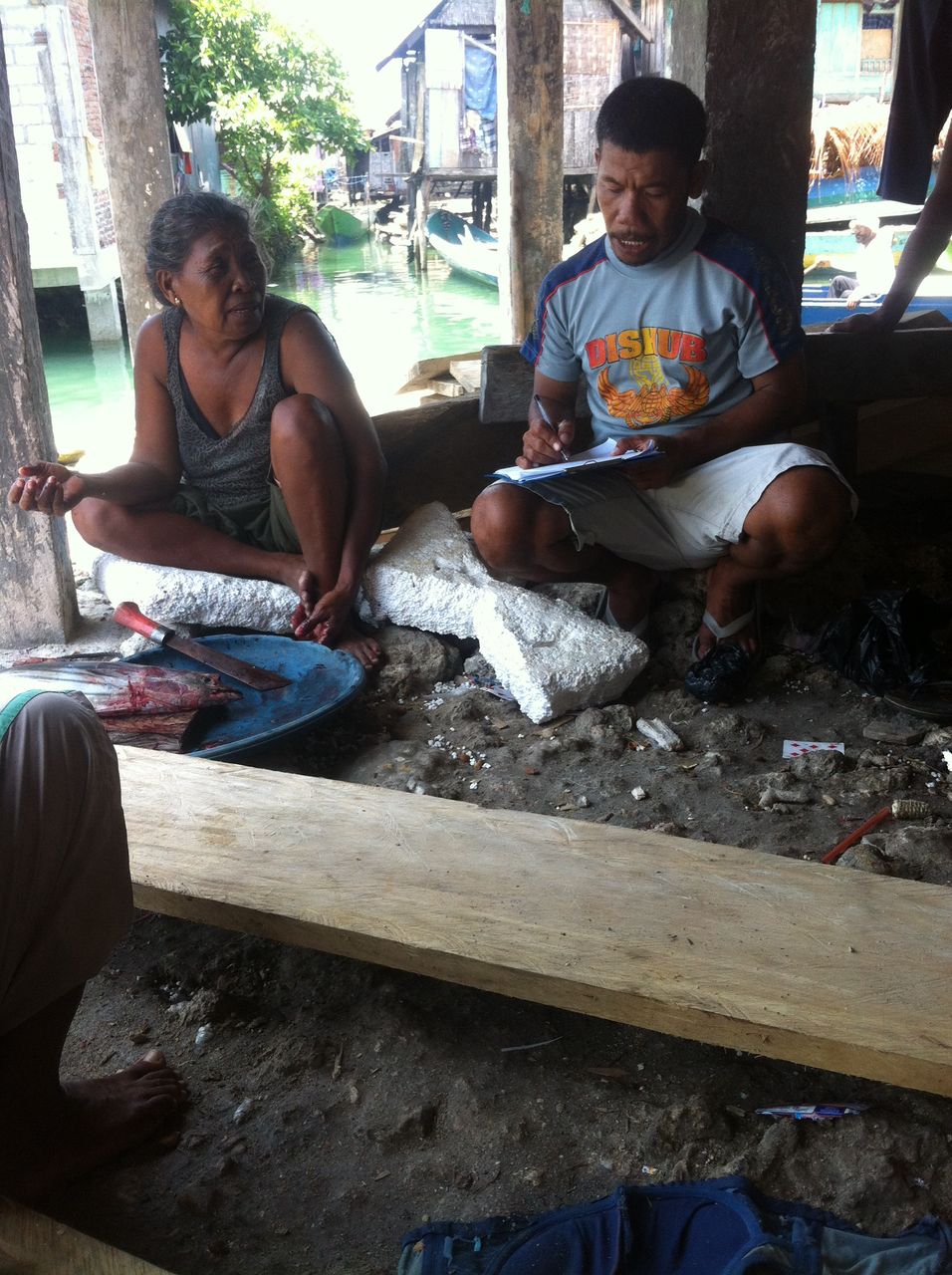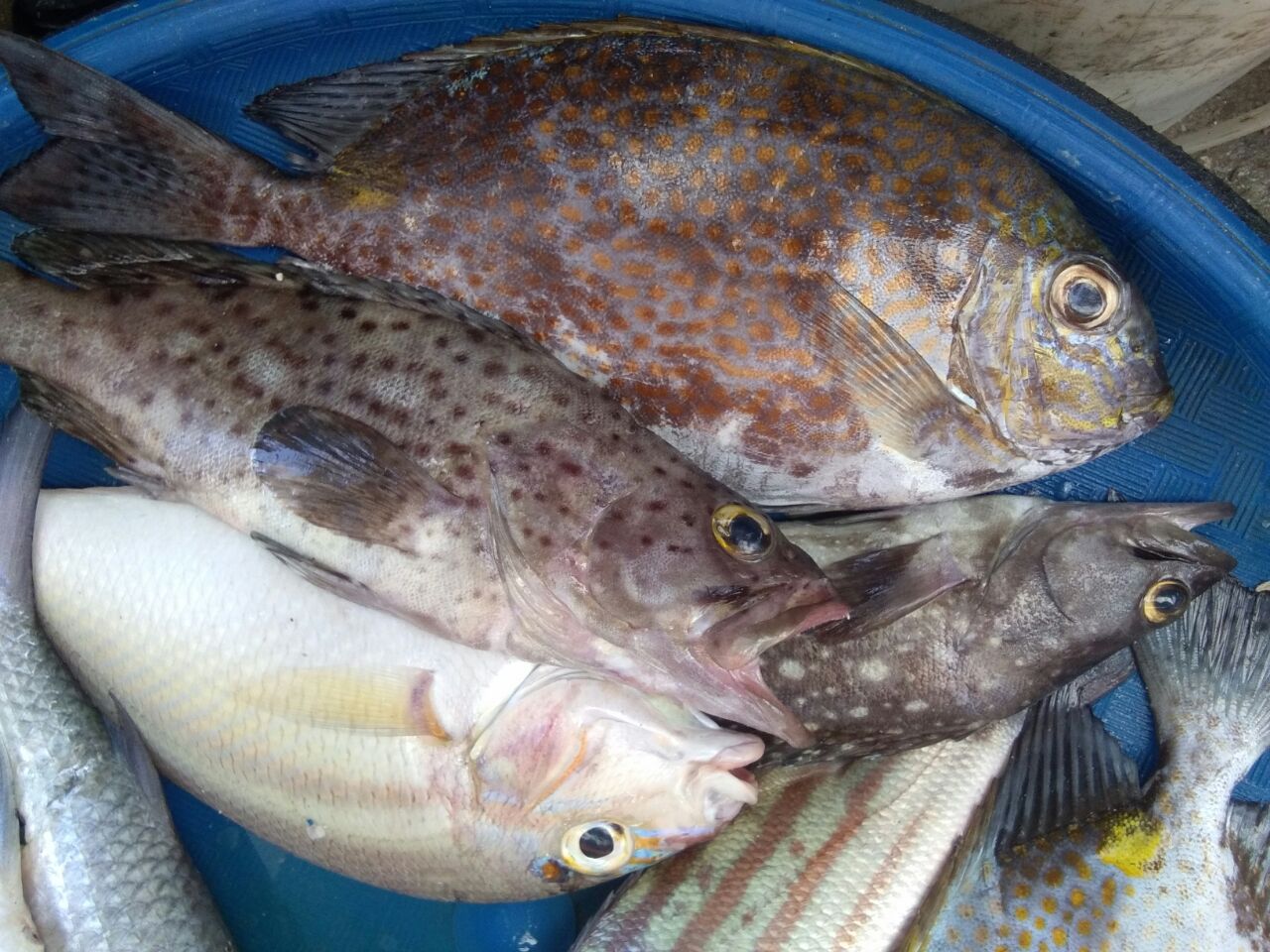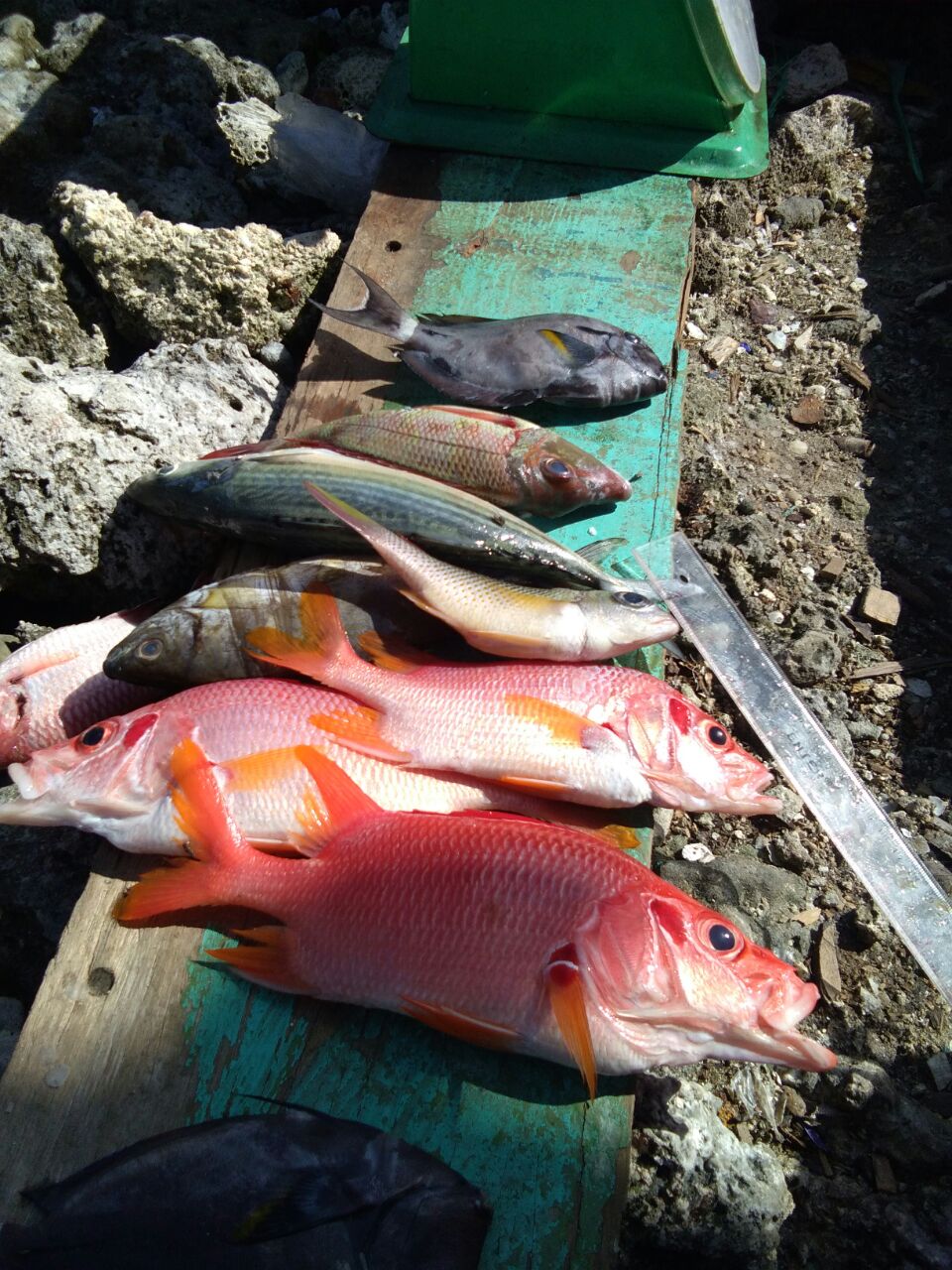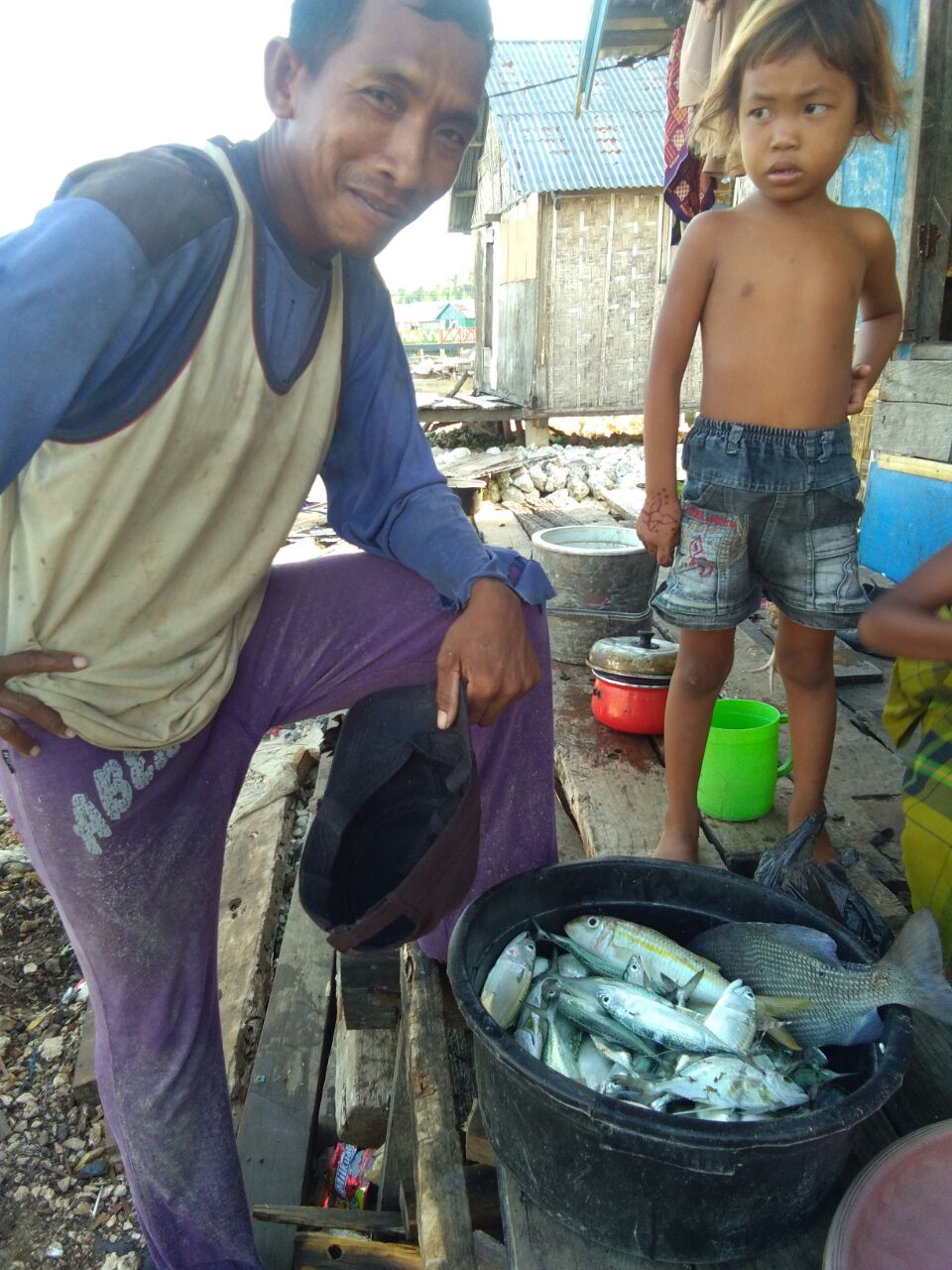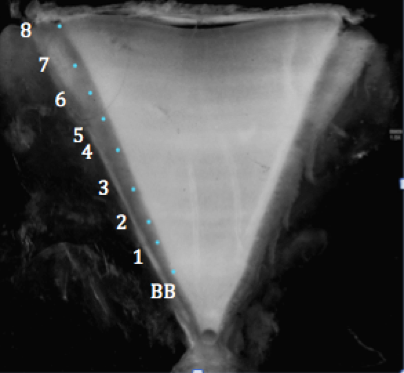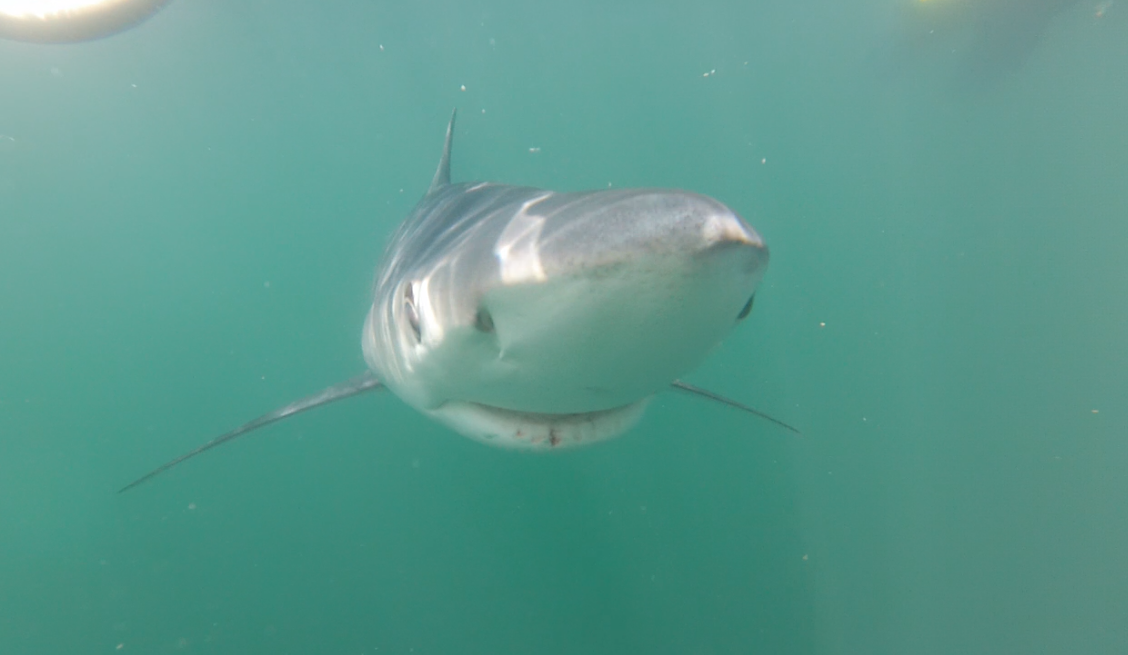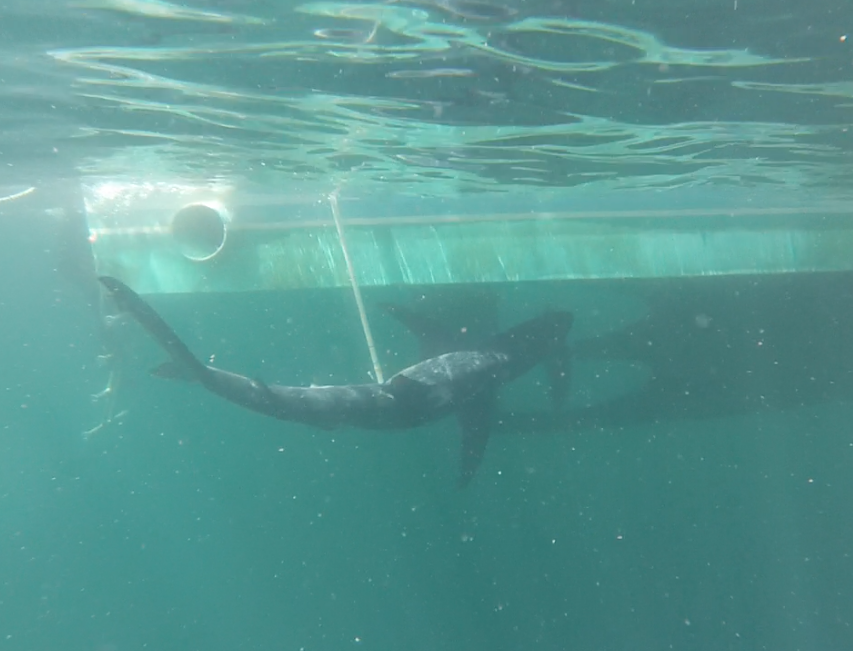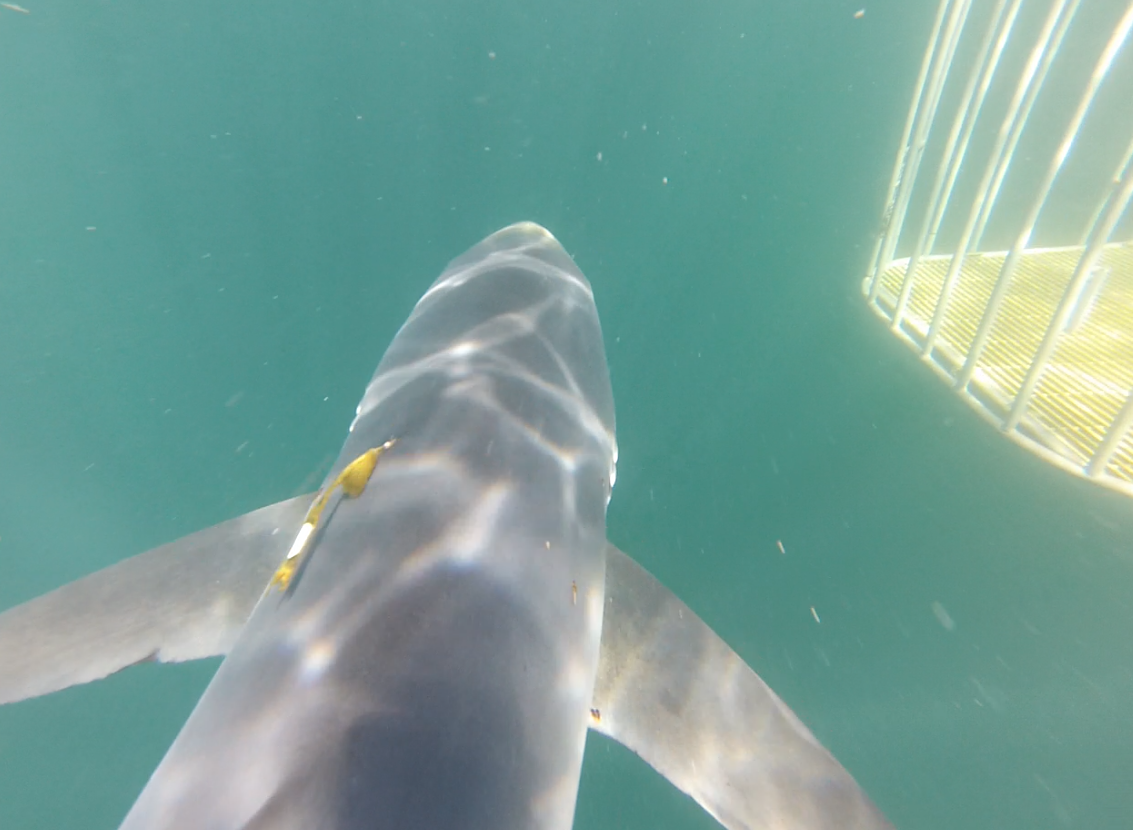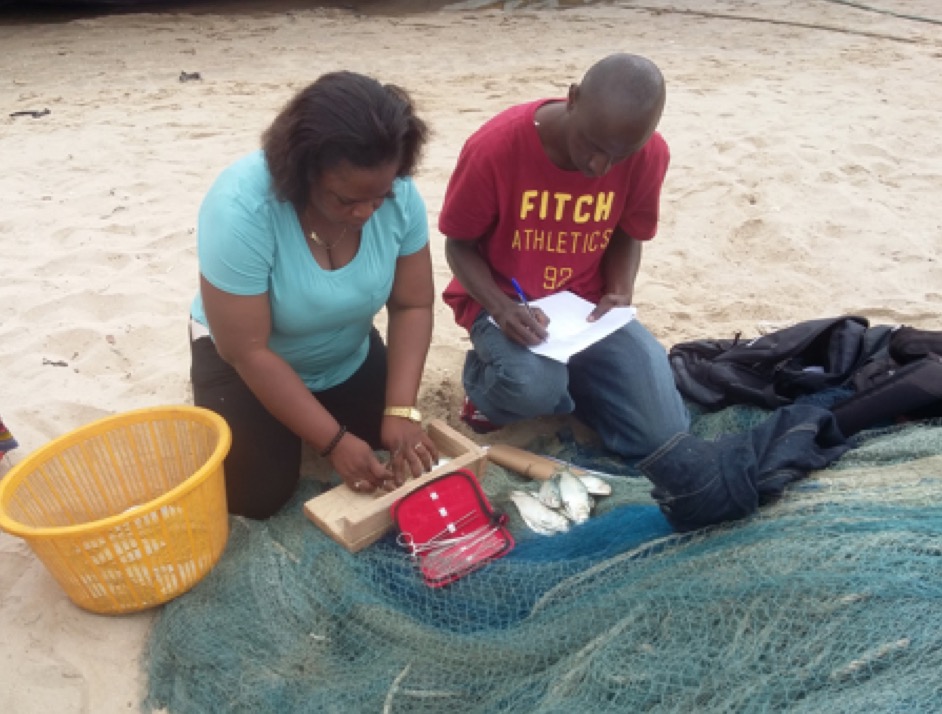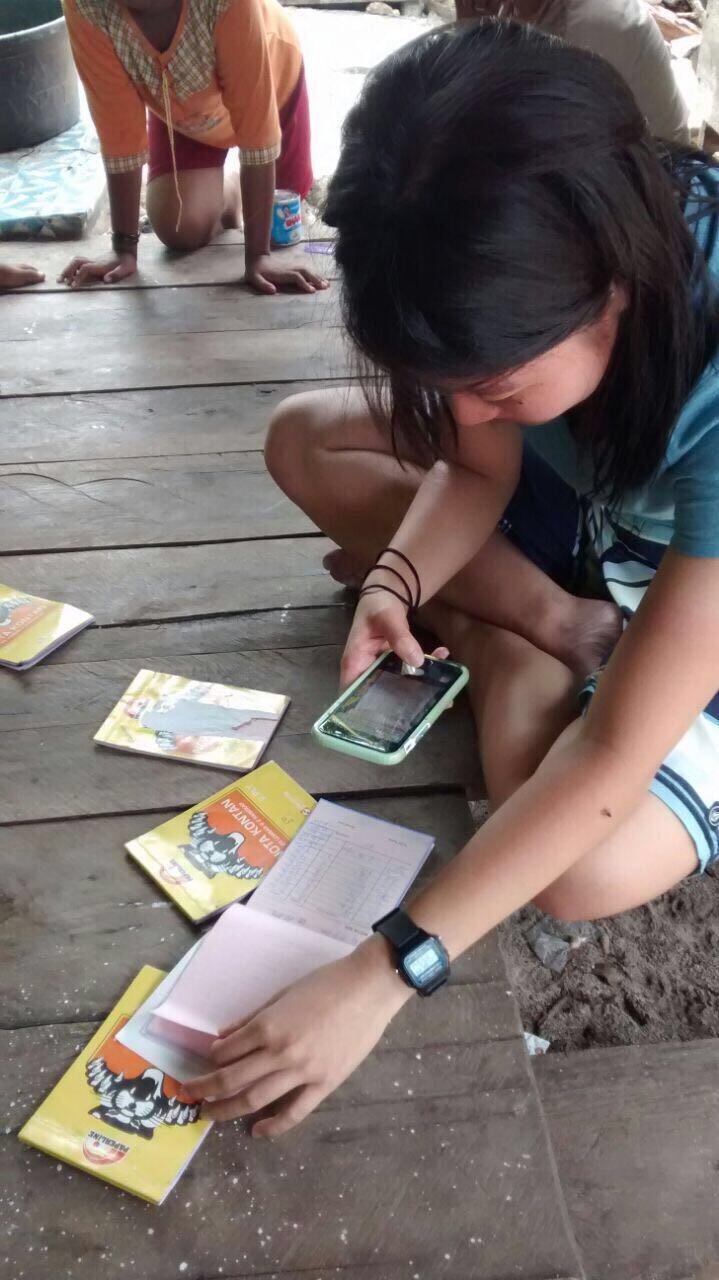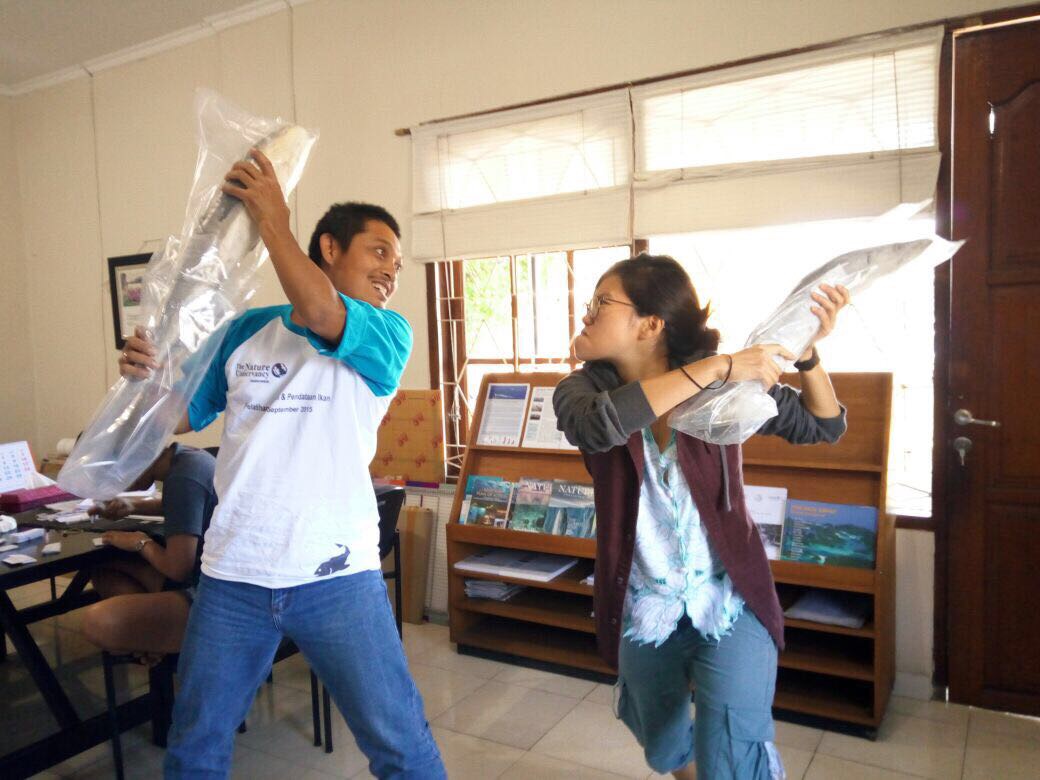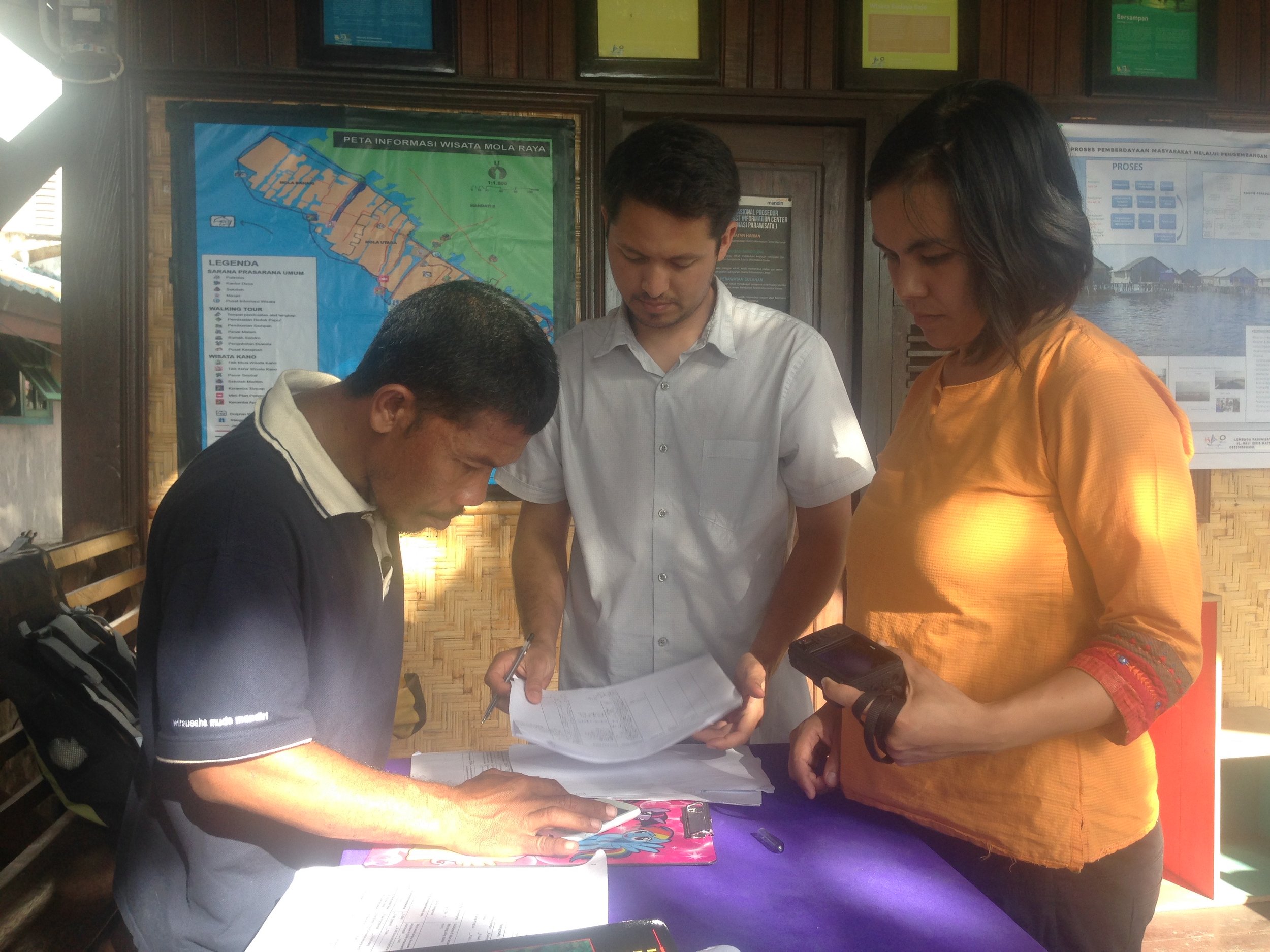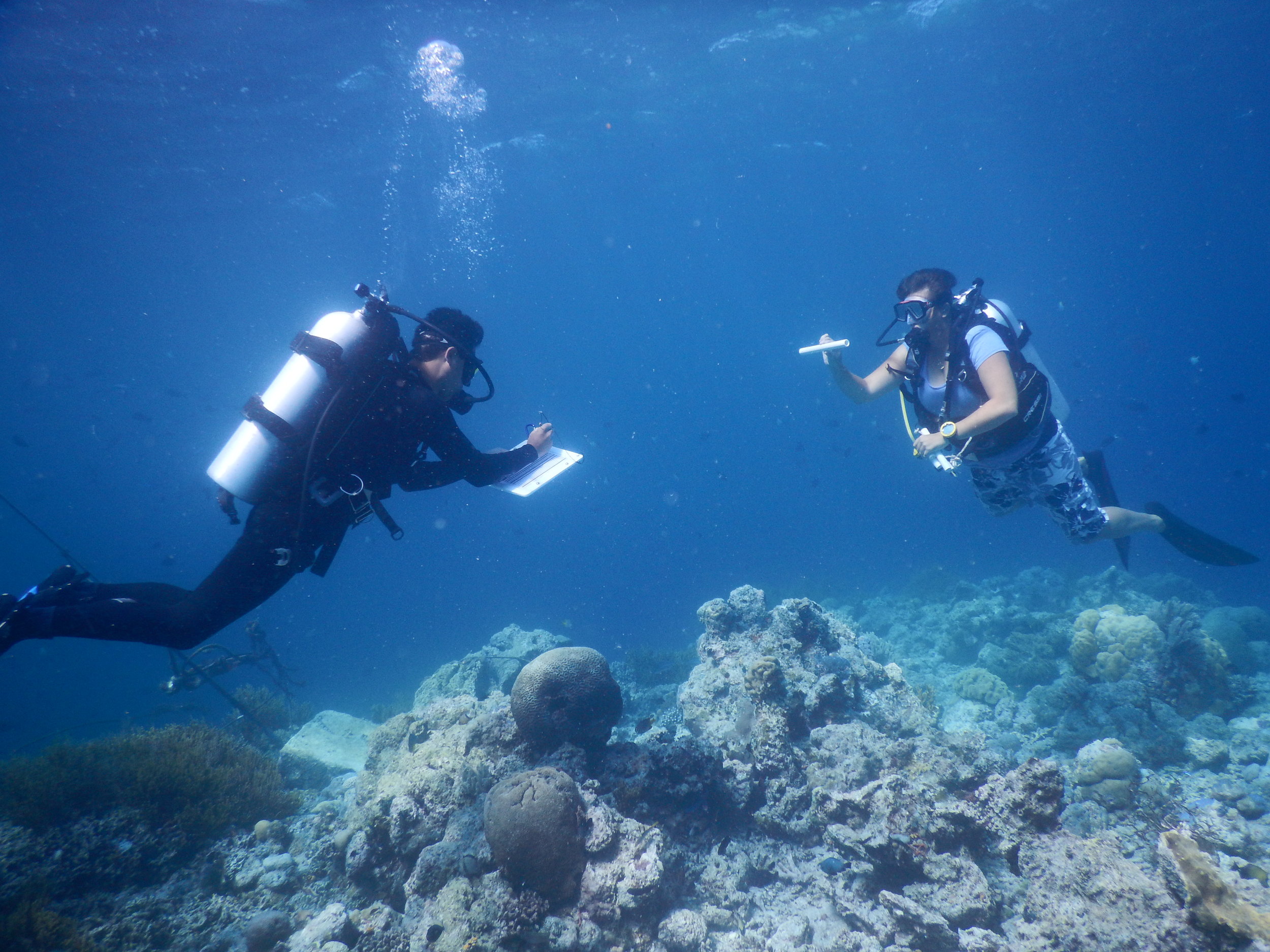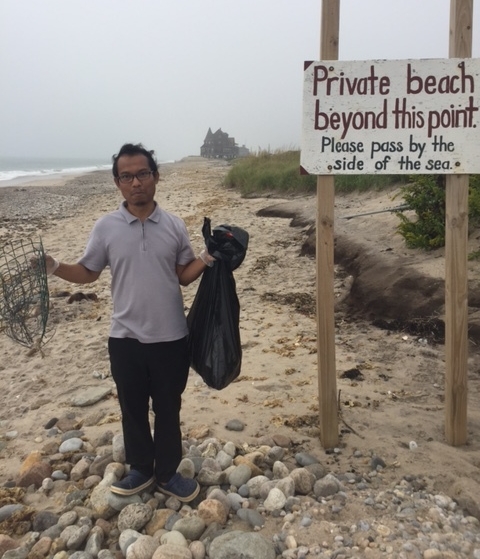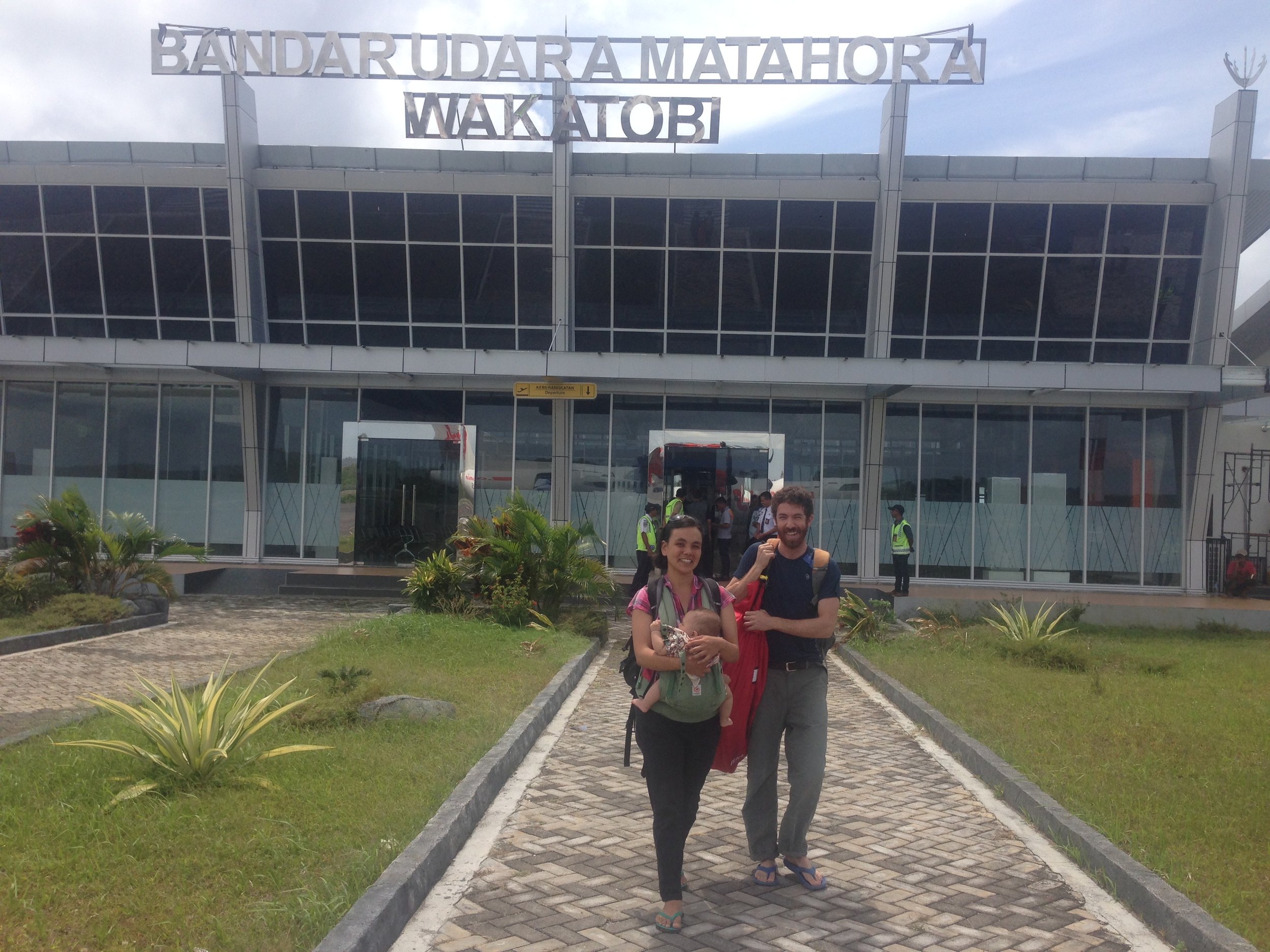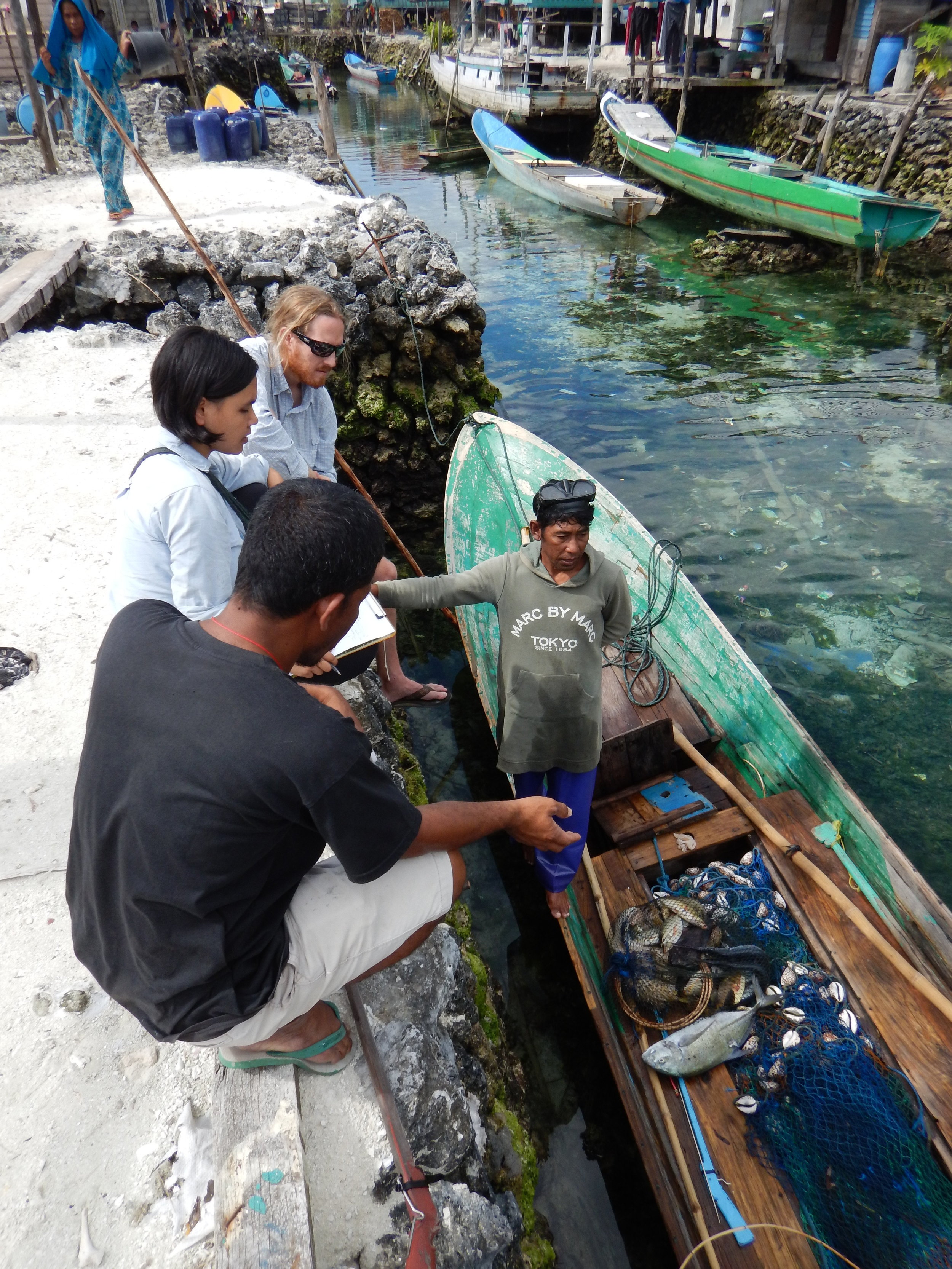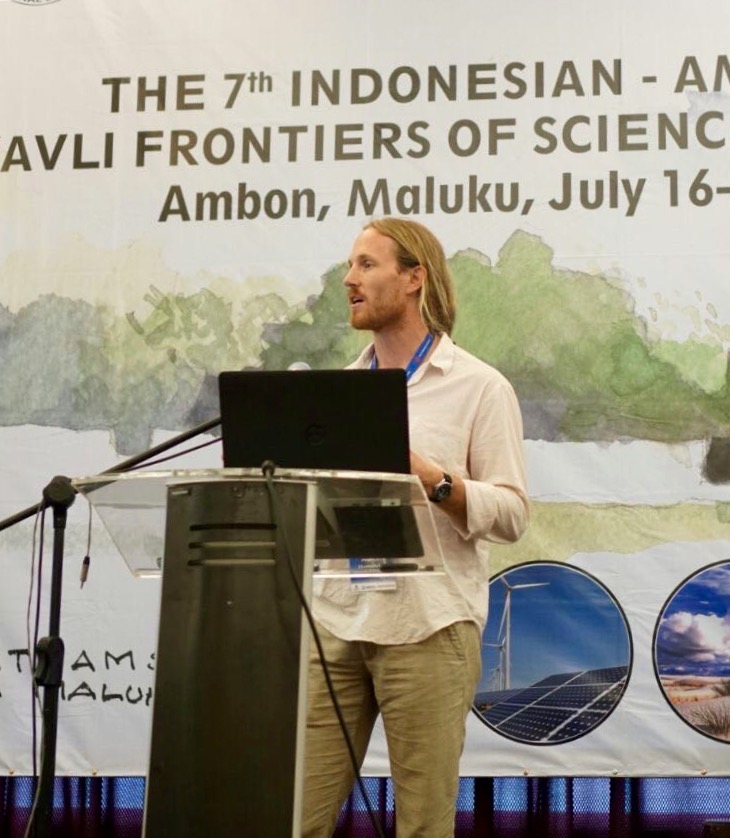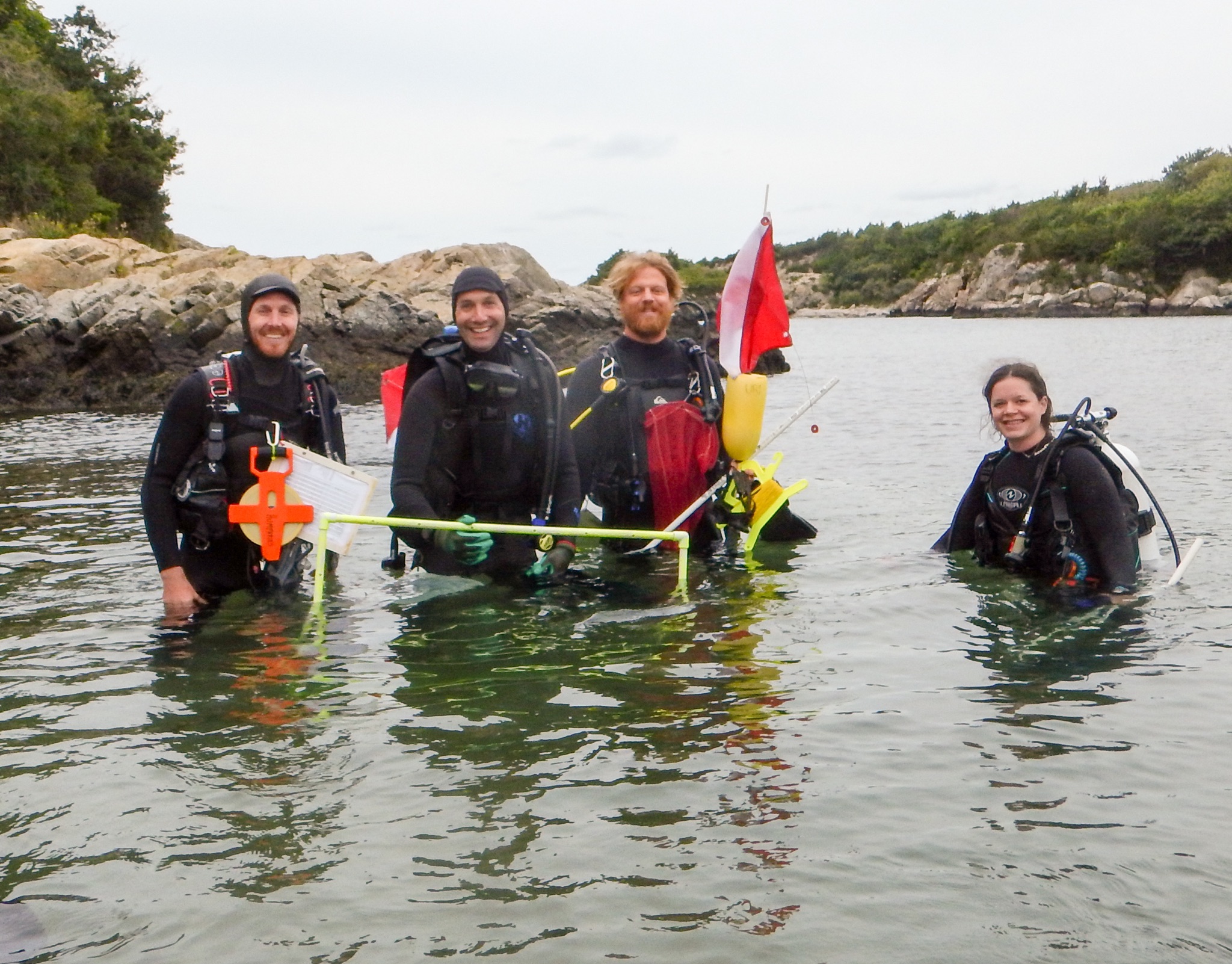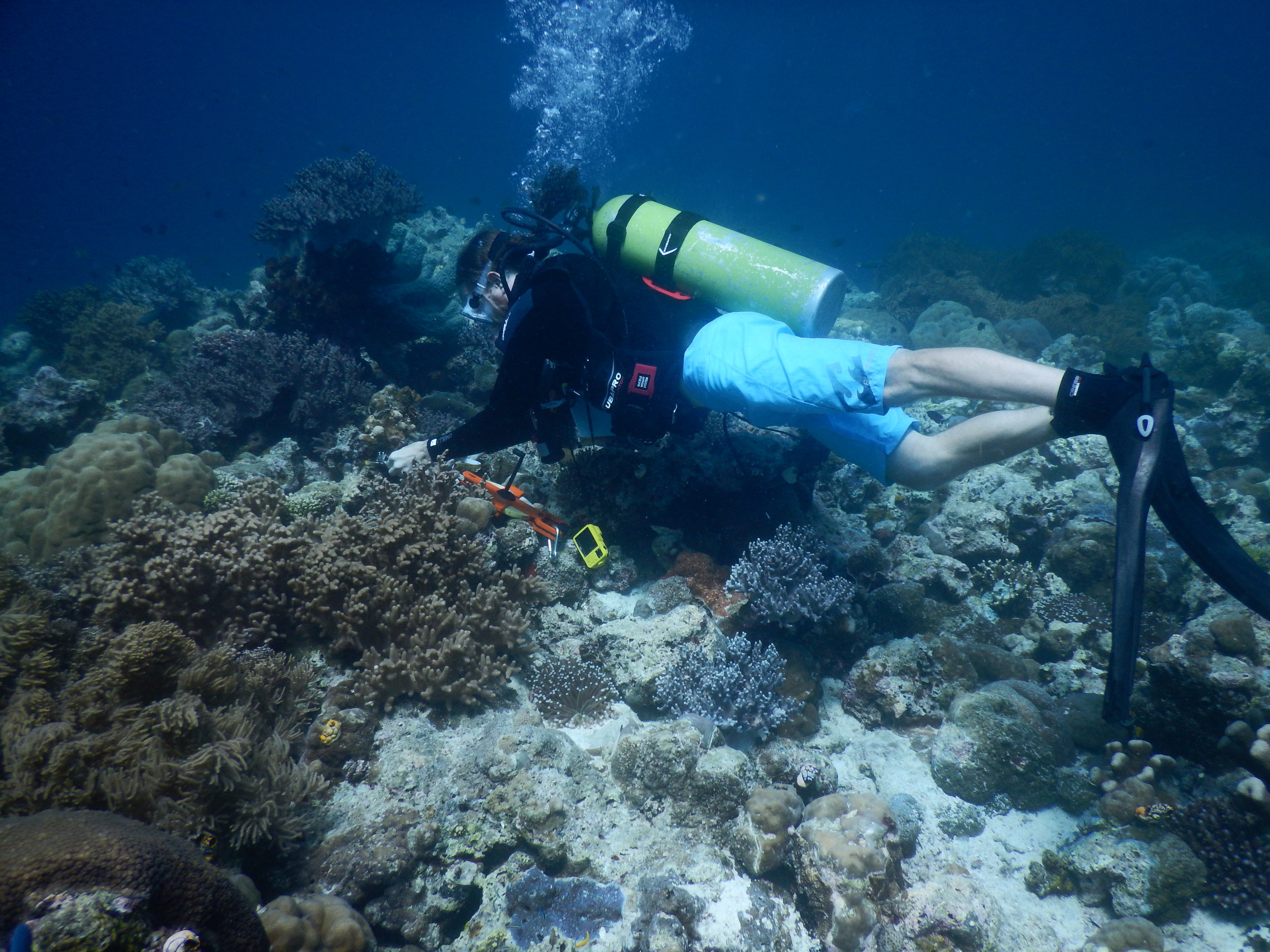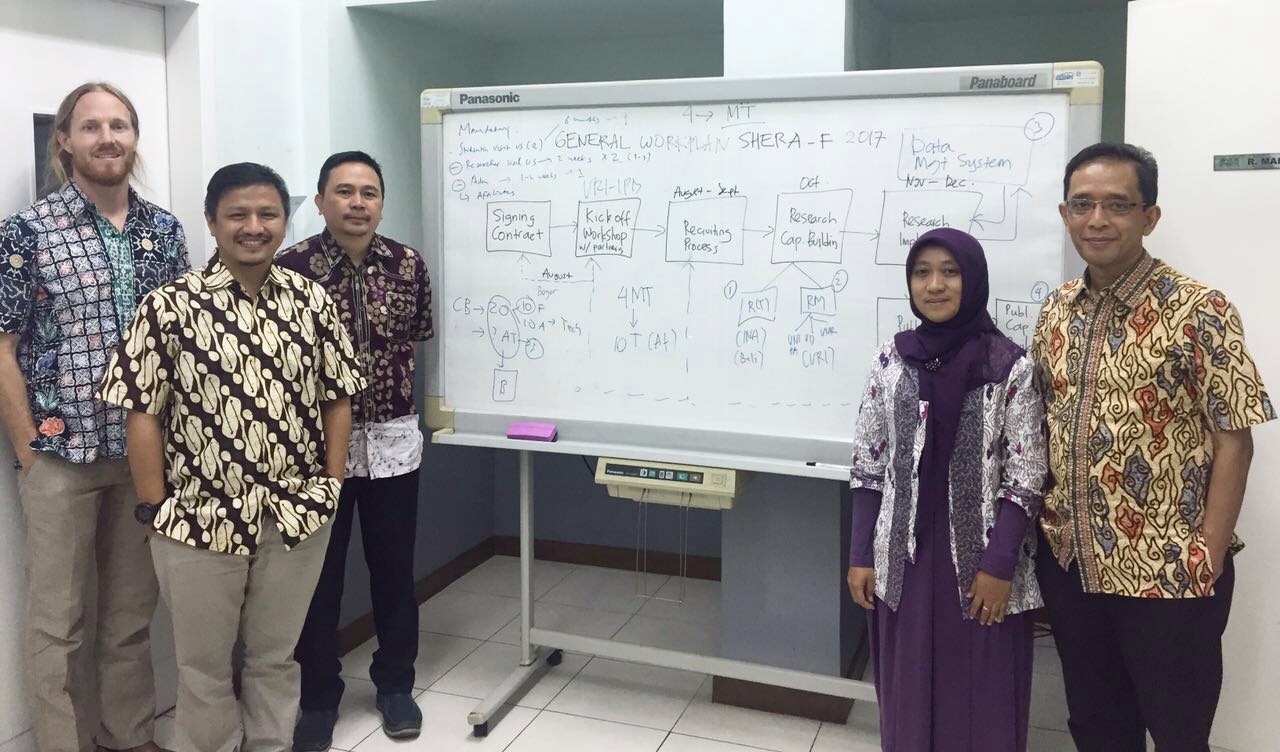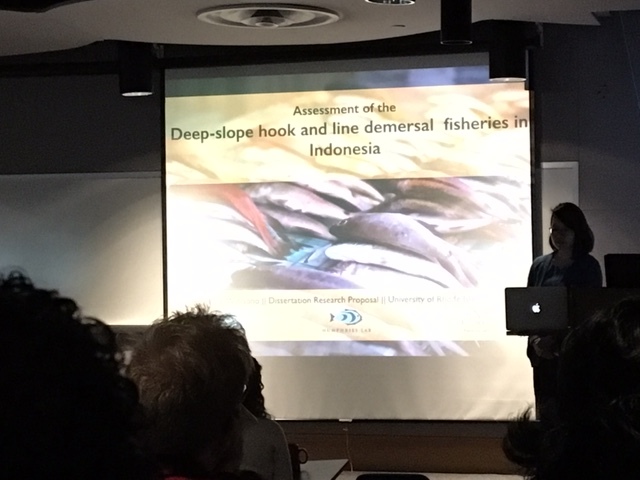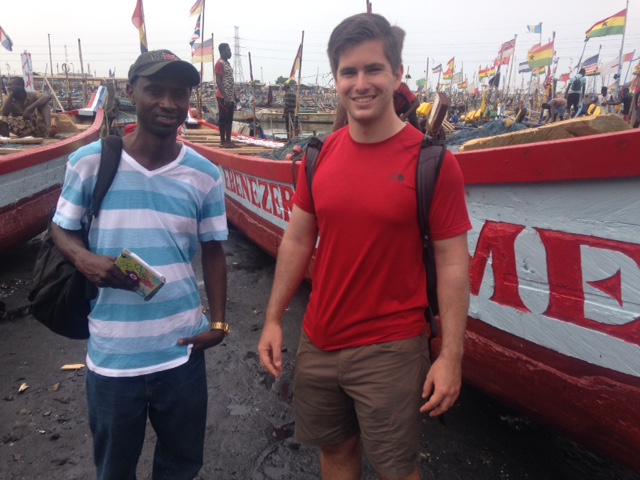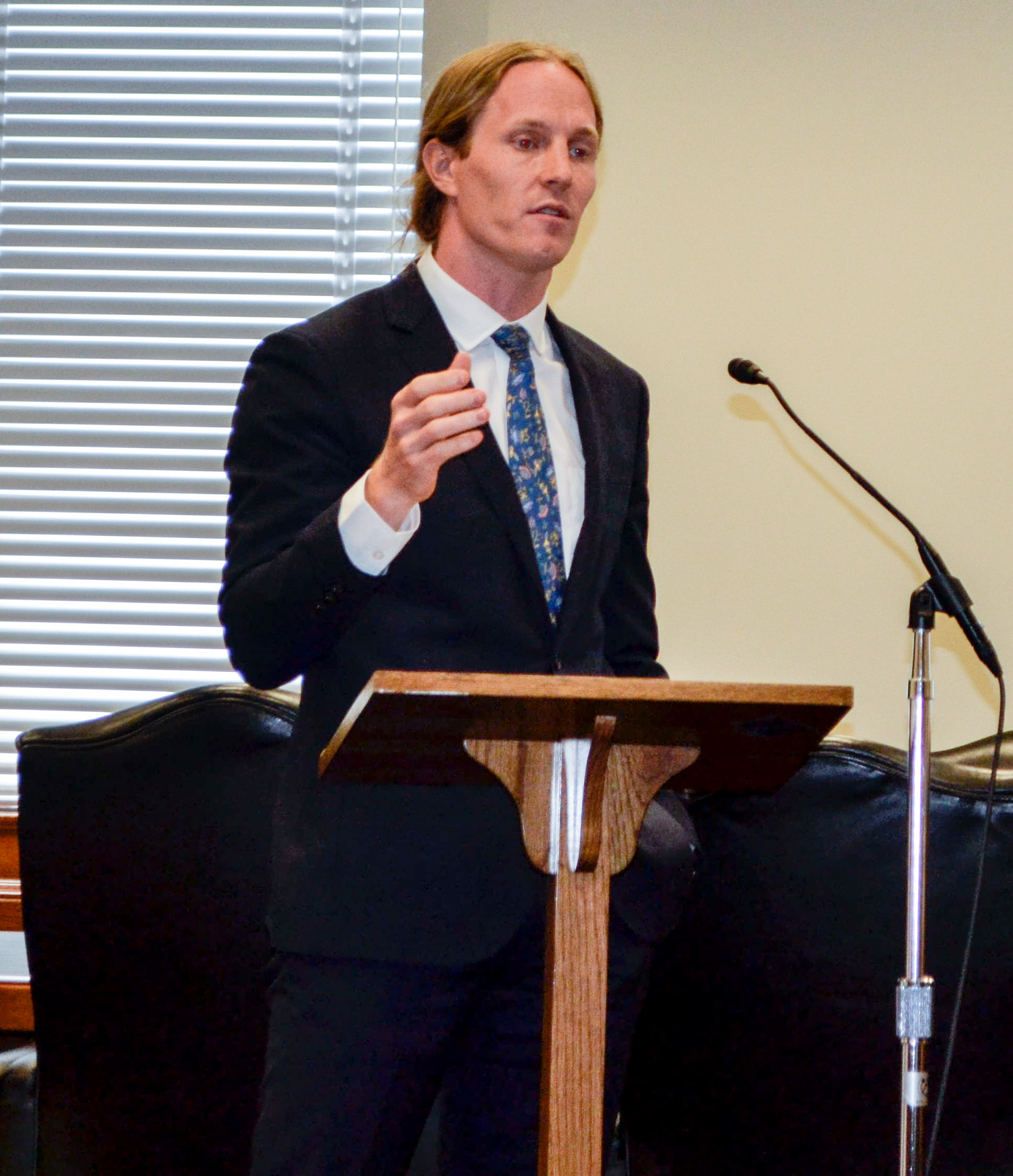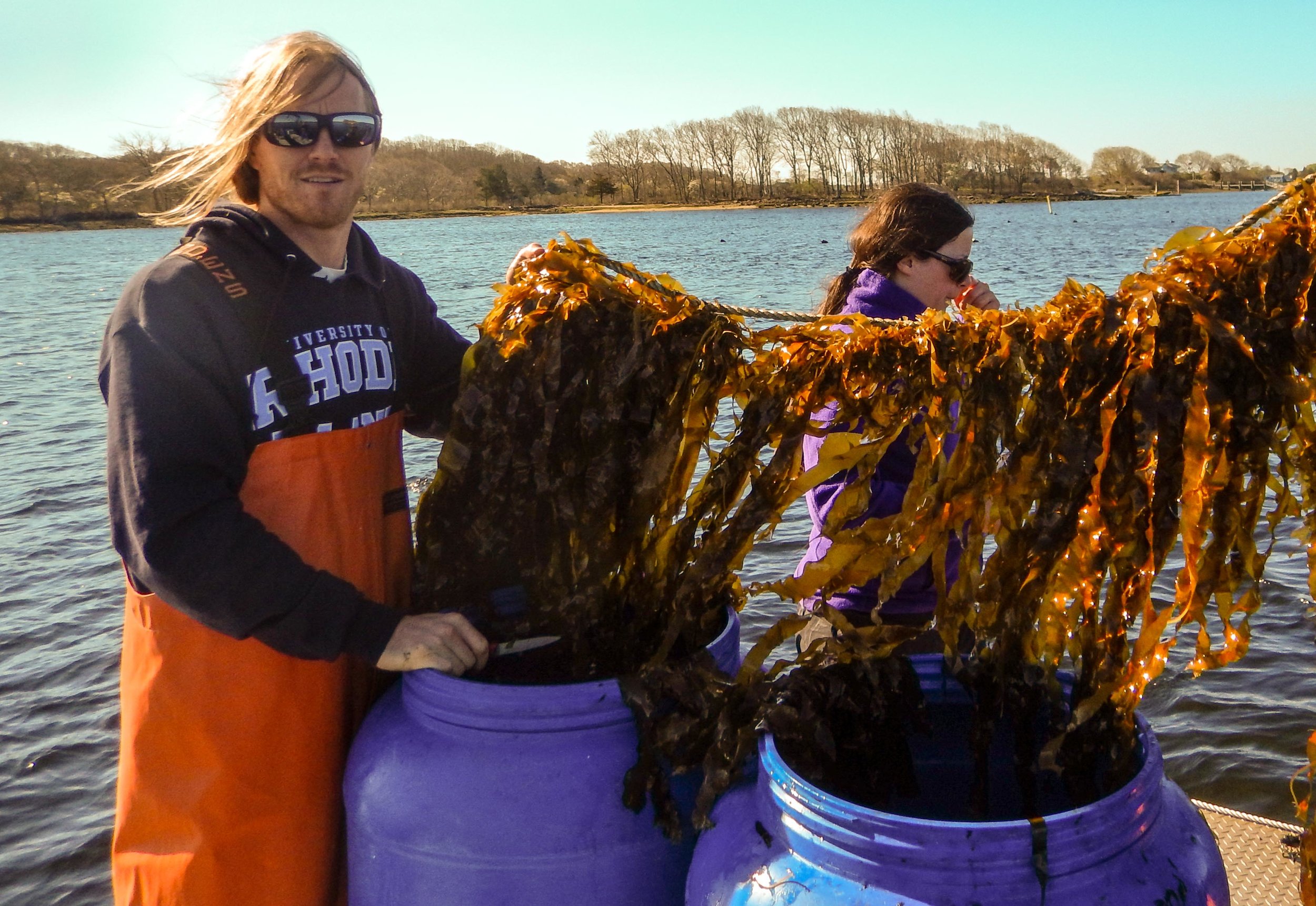The Fall 2018 academic semester is in full swing and so are we! We are a big group here at the Humphries Lab and we’ve got big to-do lists to match. Whether it’s immersing in the first required courses of a graduate degree, teaching, or studying for and annihilating comprehensive exams, we’re meeting the new challenges with that ‘back-to-school’ enthusiasm that this time of year always brings. Here’s a glimpse of what everyone is up to:
Austin (PI) has his hands full mentoring students, and teaching 2 sections of URI’s ‘Food from the Sea’ course while helping to launch the AquaFish Innovation Lab, a giant new USAID funded research partnership that will look into opportunities to use seafood to improve food security. Austin is serving as the East Africa Director on the project and will work closely with Washington University in St. Louis, Pwani University and Egerton University to lead research efforts in Kenya. This is just a flavor of the many, many on-going projects Austin is working on.
Kelvin (post-doc) has been working and succeeding on learning Ecopath modeling to assist in his work building a socio-ecological model of Narragansett Bay for the NSF EPSCoR Rhode Island Consortium for Coastal Ecology Assessment, Innovation and Modeling (C-AIM) effort. Kelvin and Austin attended an intensive 5-day Ecopath workshop at the Center for Marine Sciences at Universidade do Algarve in Faro, Portugal in early November.
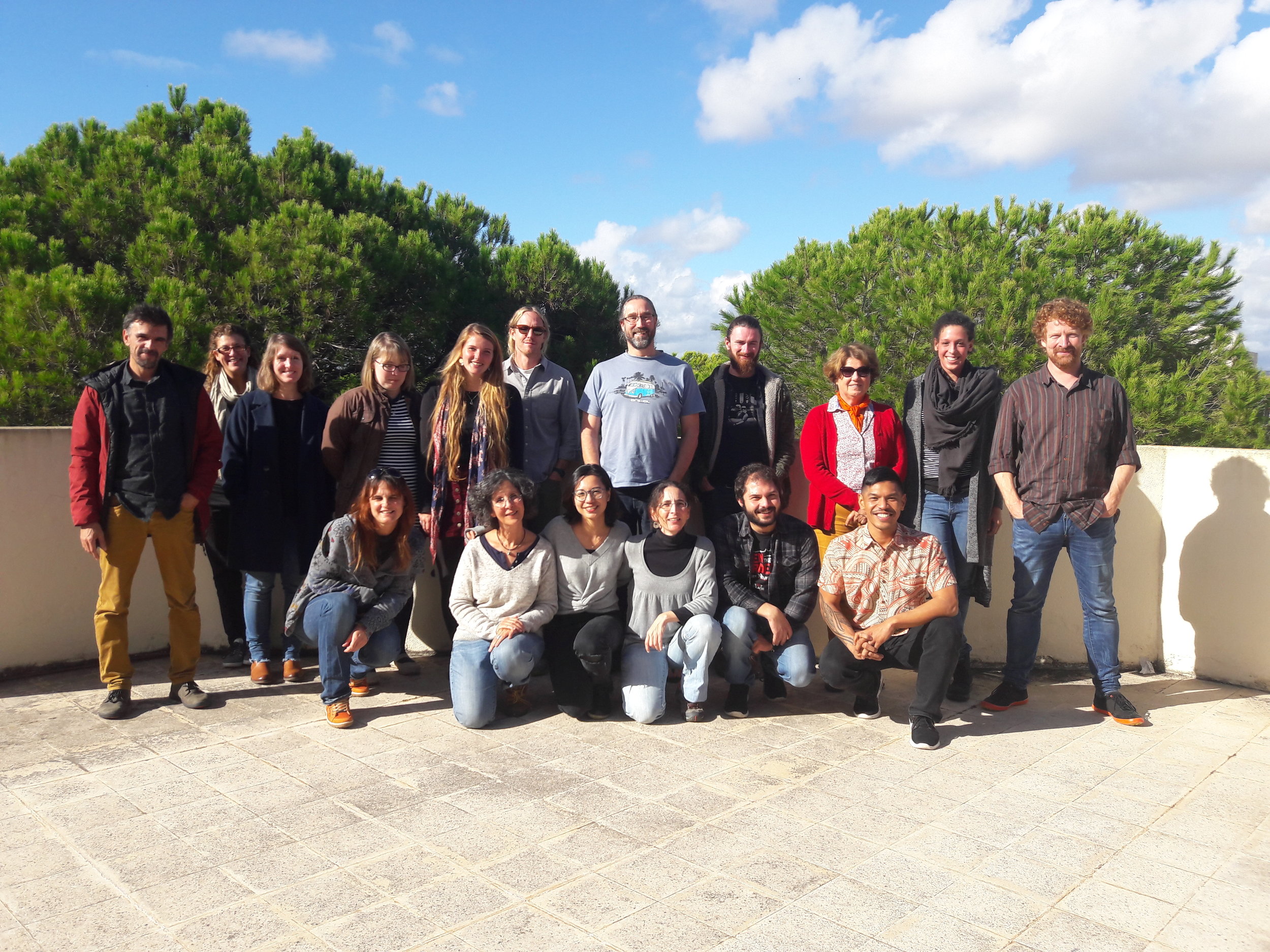
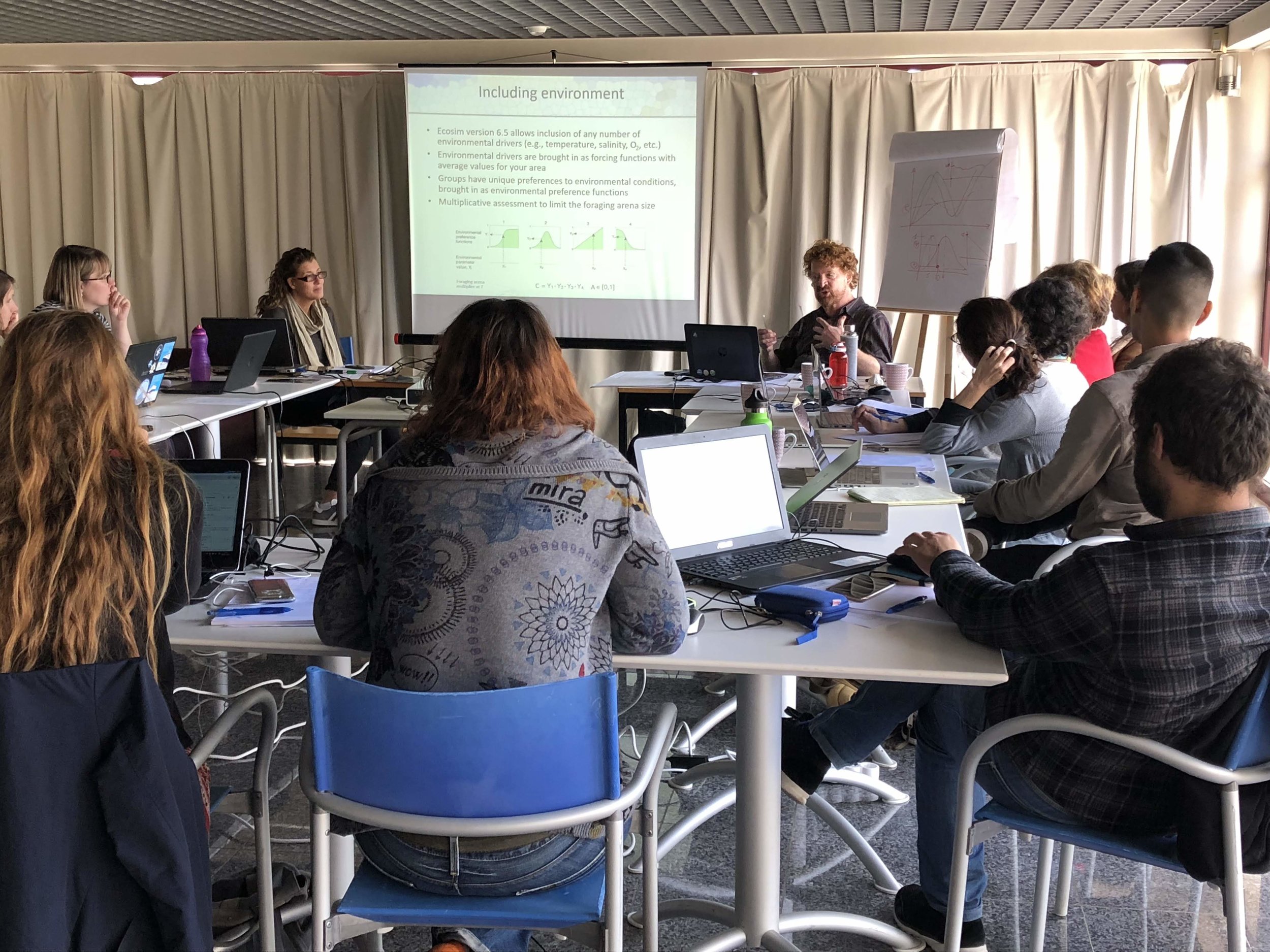
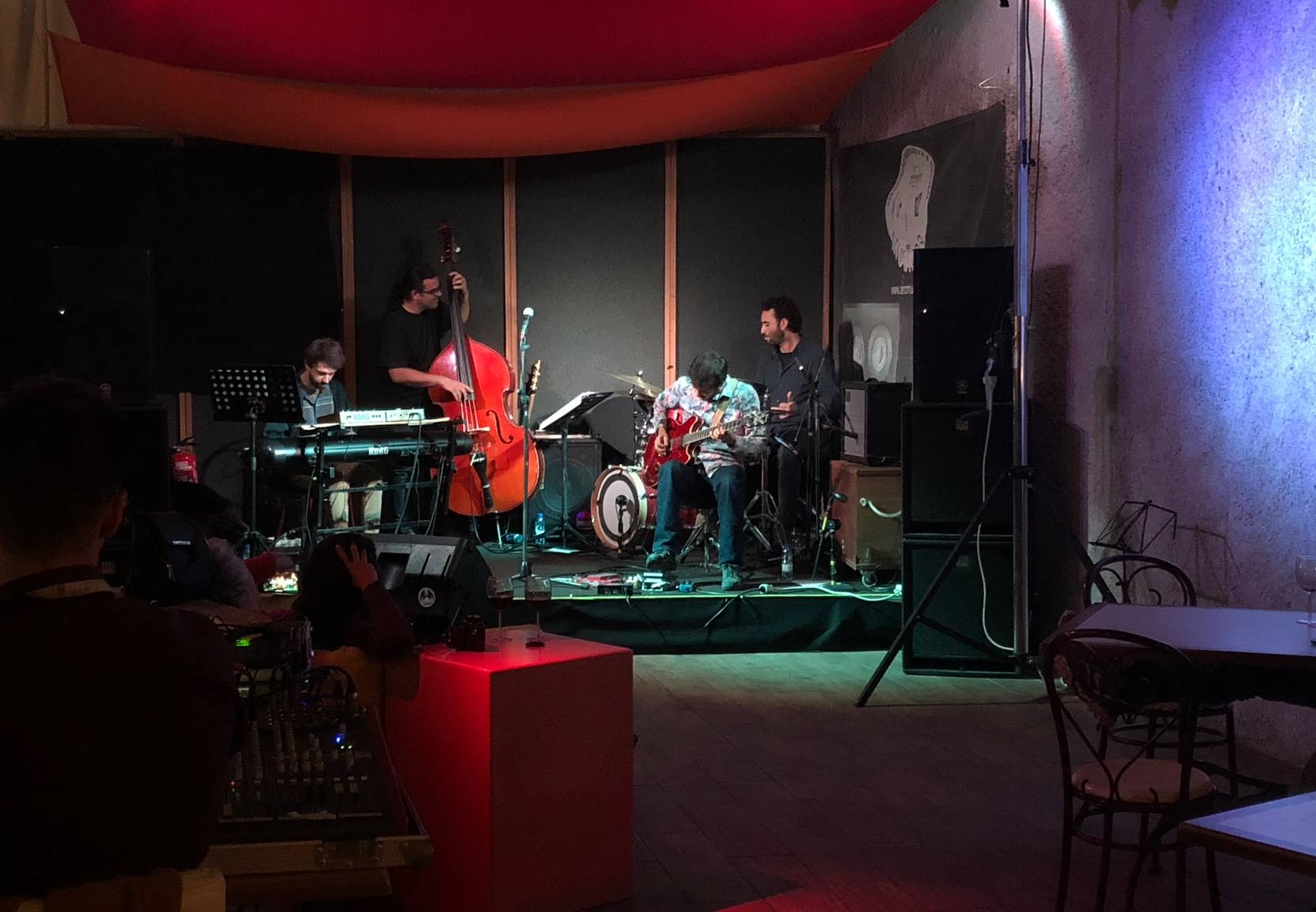
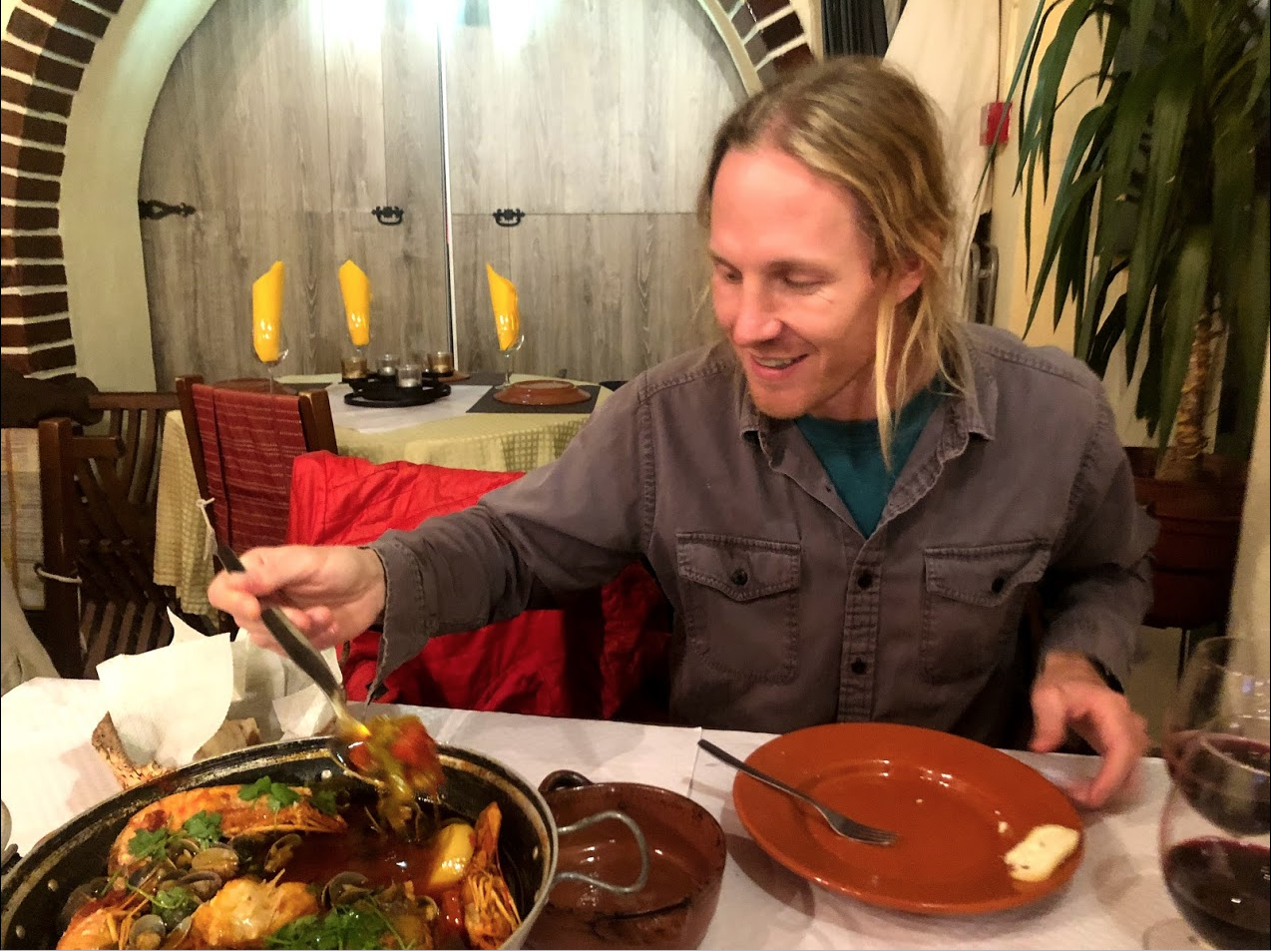
Diana (postdoc) is being kept nice and busy teaching URI’s Fisheries Science (AFS 415) course. Class topics cover the foundations of aquatic species as resources, including fisheries ecology, management, and farming.
Lauren (research associate) started the Fall 2018 semester fresh back from a trip to Bali where the Humphries Lab was able to secure additional funding to continue monitoring the impact of a new coral reef restoration method on local small-scale fisheries activity. Lauren will also help Kelvin to develop curriculum for a week-long teaching module on seafood traceability in Austin’s ‘Food from the Sea’ course this Fall.
Research Associate Lauren Josephs with URI collaborators Amelia Moore and PhD student Jess Vandenberg pose for a group photo at the end of the Mars, Inc. coral reef restoration workshop in Bali.
Evans (PhD student) is back from 8 months in Ghana, where he spent time finishing up his data collections on the Sardinella fishery in his home country. Evans is now prolifically producing figures, tables, and models of his data (learning a lot of “for” loops in R), writing up his first manuscript, and aims to graduate in 2019.
Paul (PhD student) has finished up his fieldwork in Indonesia during which he has logged an impressive 100+ dives over just a few years. Paul recently got his dissertation proposal approved and is now deep in the dark pit that is studying for comprehensive exams. We all miss him and eagerly await his return to the land of the non(read:less)-stressed.
Elle (PhD student) is working from Bali, Indonesia, this semester where she is writing her dissertation proposal and contributing to on-going fieldwork with The Nature Conservancy. Elle is also putting together a manuscript on updating the life-history parameters for the top-50 species in the demersal snapper-grouper fishery in Indonesia, and received a fellowship to take part in the Youth Leadership Summit at the Our Ocean 2018 conference in Bali.
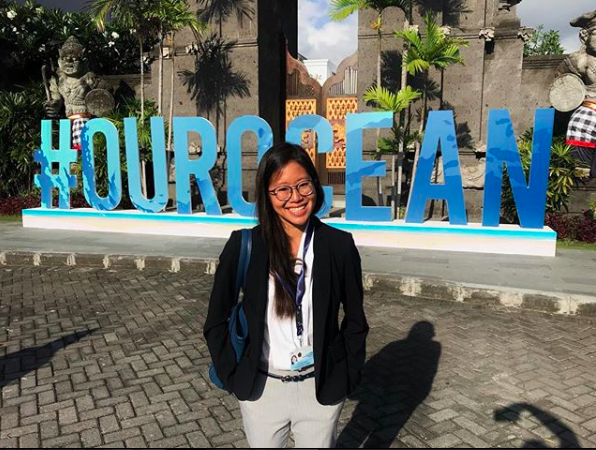
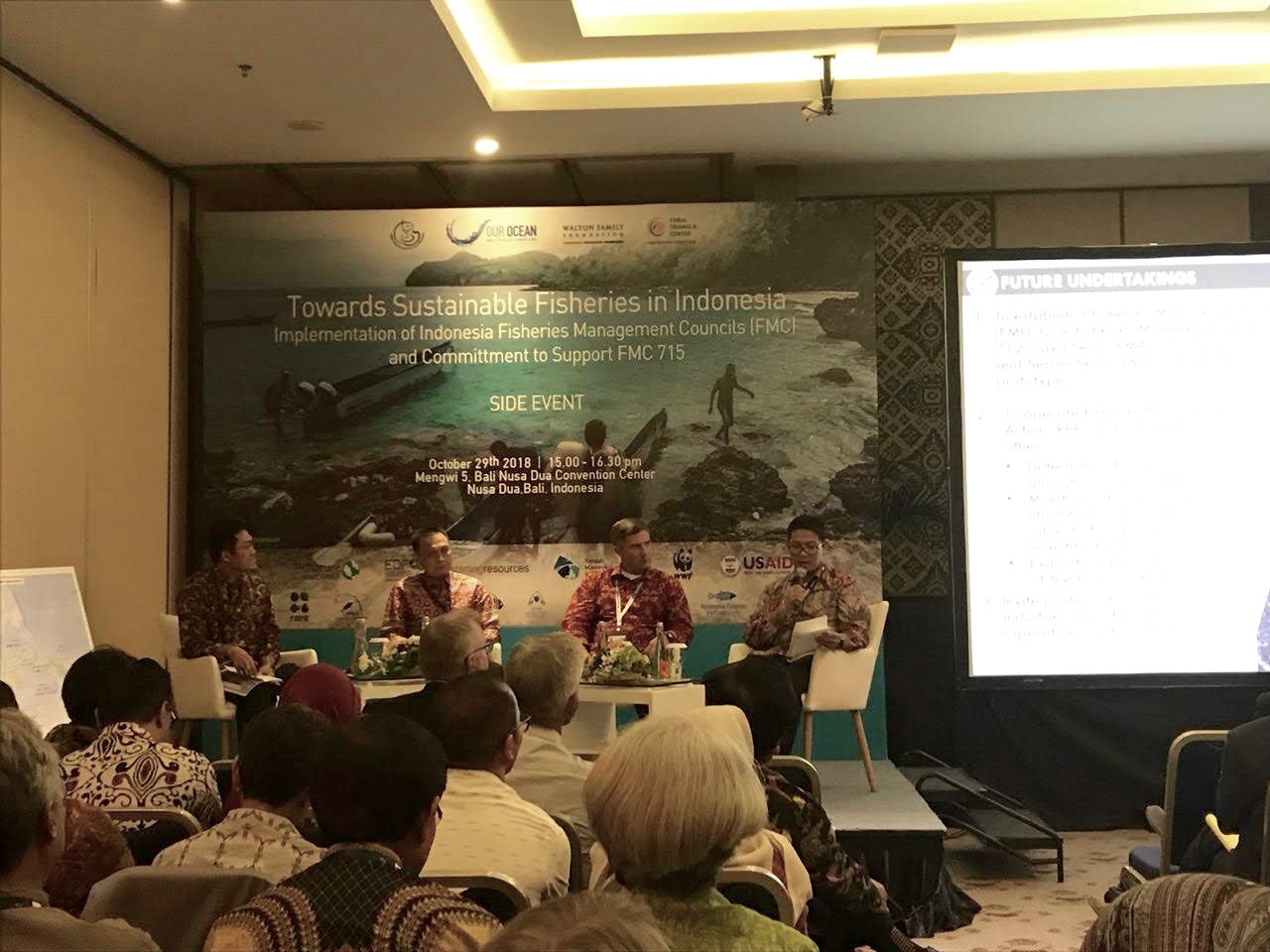
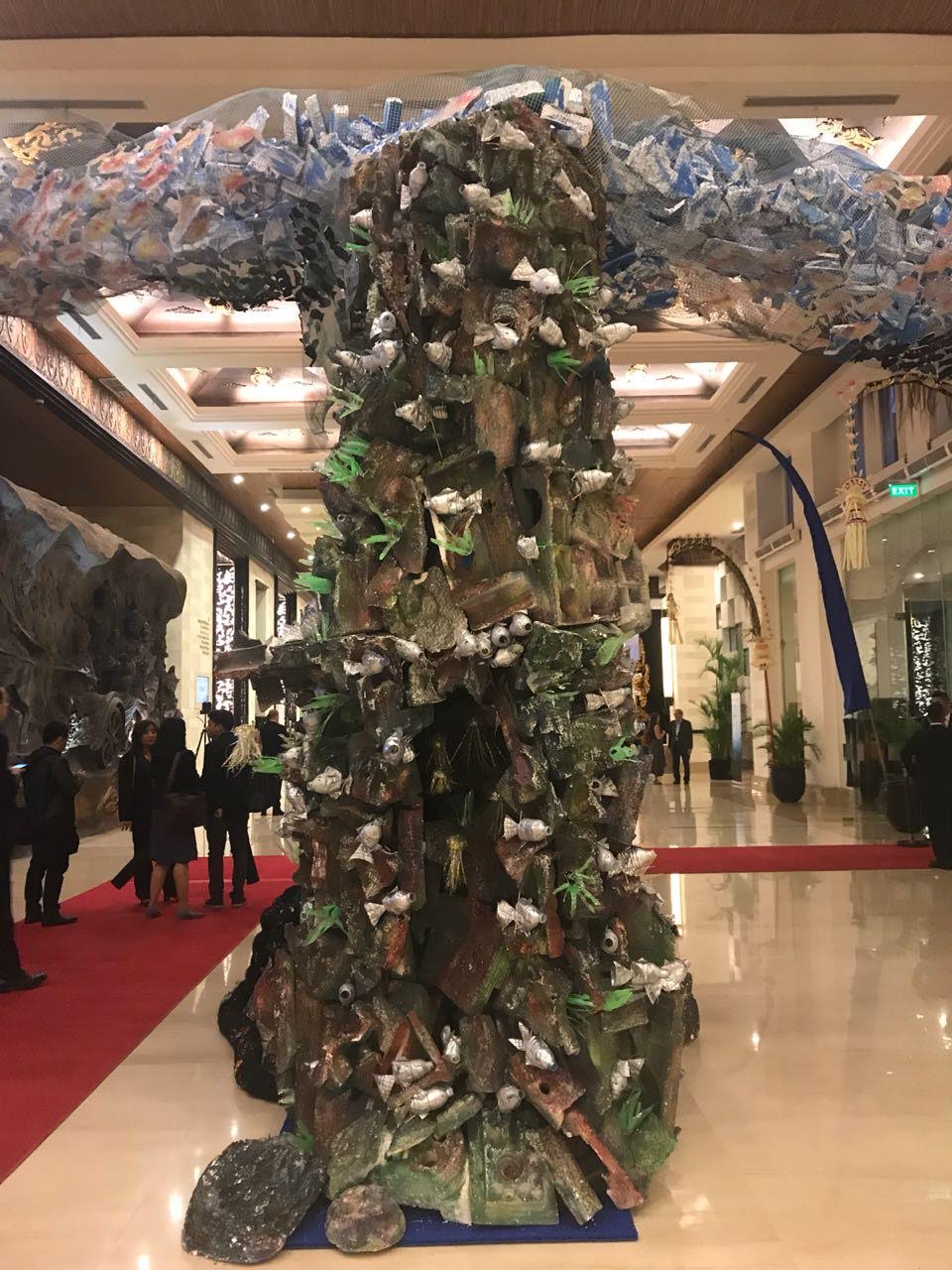
Celeste (MS student) was able to travel to Moncton, Canada, with Austin to meet Dr. Romain Lavaud to check on his sea lettuce growth model and gain insight for her own kelp dynamic energy budget model for her Master’s thesis research on integrated kelp aquaculture. Celeste is helping to keep a blog on the larger NOAA-funded project that you can see here. She is also writing up her proposal, finishing up required courses, and learning to code in Python - she has already conquered Matlab and R.
Melati (MS student) is wrapping up data collection for her Master’s research. She spent the summer in Indonesia with collaborators completing the data collection process for her investigation of the market-chain from the coral reef Indonesian fishery in Wakatobi. Melati also oversees data collection on fish landings in Indonesia, and is being kept busy by her teaching assistantship on URI’s main campus.
Elaine (PhD student) Elaine (PhD student) is diving into her own required classes while also teaching three recitation sections for Intro Ecology. She was sponsored by the graduate school to attend the #InclusiveSciComm Workshop hosted by the Metcalf Institute here at URI and is busy thinking about research and outreach ideas that integrate what she learned.
Elaine having no problem whatsoever holding the attention of her students as she taught one of her Intro Ecology recitation classes on Halloween.
Last but not least, the whole crew is looking forward to welcoming new MS student Annie Innes-Gold to the lab to study social-ecological modeling of the Narragansett Bay system this upcoming Spring 2019 semester!
Stay tuned for another productive year of building solutions to complex trans and interdisciplinary coastal problems from this excited and exciting group of individuals!
Drone shot of the lab group during the inaugural Humphries Lab retreat in Martha’s Vineyard, MA.








